I don’t think I need to tell you how big social media is.
Social media is the fastest growing trend in the history of the world.
This sector has grown faster than the Internet itself.
Within the first ten years of being publicly available, the Internet managed to gather roughly 1 billion users.
If you think reaching nearly one in six people on the planet within ten years is fast, then I agree with you.
But, how about reaching one in five within nine years?
Since opening up for everyone to sign up on September 26, 2006, Facebook just crossed 2 billion monthly active users as of quarter two of 2017.
Even though the world population has grown to over 7.5 billion, by now, one out of every four humans on this planet has a Facebook account.
Facebook, quite literally, is beginning to take over the world. 62% of people in North America use the platform, and the percentages for similar countries are equally staggering.
In some ways, Facebook is a country of its own. It’s larger than any other country in the world, and one could even argue that it’s more connected.
And that’s just Facebook.
We haven’t even taken into account the usership on all the other platforms.
By the end of that analysis, we’d likely have trouble keeping count.
But don’t mistakenly believe that people are only using these platforms once a month just because that’s how most people go about measuring the stats.
In reality, people are using these platforms every single day. And they use them not just once per day, but multiple times.
People check, check, and check again.
In fact, we’re so addicted to our mobile phones and the social media apps on them that there’s now a word for our obsession.
Nomophobia is the fear of not being near your mobile phone.
With such widespread use, social media presents an incredible marketing opportunity.
If you’re not using social media marketing already, you’ll either have to learn it now or lose in the long run.
In this social media marketing guide, I’m going to walk you through the 12 most popular platforms.
I’ll give you an overview of each one, show you how to build a successful social media strategy for them, and point you to some of the best places to learn even more.
Below is a table of contents, so you can quickly jump to whichever platform interests you the most.
- Definitions
- Overview
- 2018 social media marketing trends
- Google+
- YouTube
- Snapchat
- Tumblr
- Medium
- Quora
- Periscope
But first, let’s go over some definitions.
Definitions
As usual, Wikipedia is a disappointment when trying to define social media marketing. It simply says, “Social media marketing is the process of gaining website traffic or attention through social media sites.”
Wow, who would’ve thought, right?
I’d like to take a swing at defining social media marketing myself:
Social media marketing is the process of creating content that you have tailored to the context of each individual social media platform in order to drive user engagement and sharing.
You gaining traffic is only the result of social media marketing. What do you do to get that result? Create content that works well on each platform.
Naturally, however, each platform is different. On one, blog content is the master. On another, video dominates. And on another still, pictures win the day.
That’s why I’m going to show you the differences between the top 12 platforms and how you can leverage each.
As you’ll see, each platform requires a slightly different strategy.
Because here’s the thing: Everyone wants their content to go viral.
But, to do that, the content must be engaging so that people want to share it. Your content must be so good that it makes the user want to tell all of his or her friends about it.
Otherwise, your social media strategy will fail.
You’ll have no shares, no viral content, and no traffic back to your site.
Overview
Even though you hear about the same few social networks all of the time, that doesn’t mean there aren’t any others out there.
Wikipedia alone lists over 200 of them.
This great graphic called “The Conversation Prism” gives a good overview.
While this list is fairly up to date, it may come as a surprise to you that it’s entirely different from the first version of this graphic from 2008.
All versions aggregate around 200 services, but from version to version (which they usually update every 2-3 years), the creators remove over 100 social media platforms and add another 100.
The world of social media is changing incredibly fast. So when you’re just starting out, start with the ones that have been around for years.
Betting on “the next big thing” can pay off if you’re right. But, if you’re just getting started on a social media strategy, you can’t afford to not have a Facebook page or a Twitter account since we’ve already seen how effective they are.
Let’s look at some key social media terms.
Content: Content is whatever you are posting. It can be a Facebook status update, a photo on Instagram, a tweet, something to pin on a board on Pinterest, and so on.
The graphic already showed you that content comes in many different forms and that you need to custom-tailor it to each platform. What’s even more important than content, though, is context.
Context: Gary Vaynerchuk said that if content is king, then context is god. You can have a great joke, but if you place it somewhere inside a 3,000-word blog post, very few people will see it. On Twitter, however, that same joke as a tweet might crush it.
And, the opposite is also true. Packaging your entire blog post into one tweet is hardly possible, so try a good call to action with some relevant hashtags instead. And that brings us to hashtags.
Hashtags: By now, they’re a very common form that people use to add meta information on almost all social media channels. Twitter, Facebook, Instagram, and Pinterest all use hashtags to let you describe the topic of your content or mark it as part of current trends.
They make your content easy for users to discover and therefore more likely that they’ll share it.
Shares: Shares are the currency of the social media world. Shares are all that matters on social media.
People will keep talking to you about impressions, click-through rates, and potential reach. But none of these tell you whether people actually pass on what you have to say.
When people engage and interact with your content, that’s good. But, when they share it, that is the time when you celebrate.
A great tool to measure shares and the overall impact of content is BuzzSumo:
The more shares, the more people love your content. It’s the best form of engagement that people can have with it.
Engagement: This is a general term that means that people interact with the content that you produce. It can be a like, a recommend, a comment, or a share. All of these are good, but the shares are where it’s at.
Now that we’ve covered some definitions, let’s take a look at some social media marketing trends for 2018.
2018 social media marketing trends
The social media world changes faster than any other online space.
And keeping up with it isn’t an easy task.
So here are a few trends you’ll want to keep in mind. Most likely, these trends will impact not just 2018, but also the future years to come.
Here’s what they are.
Organic reach is down
Once upon a time, a social media user could post compelling content and easily grow their social media following.
After a few months, they’d receive loads of friend requests, comments, shares, and “likes,” all because of their amazing content.
But today, that’s not so much the case.
In fact, most social media platforms are making it increasingly difficult to build an organic following.
And it’s not unintentional.
Here’s why. As the ability for organic superstars to shine goes down, something else goes up.
You guessed it: ad spend.
Of course, that’s just Facebook. But the truth is that it’s the same for every social media platform. They make it more difficult for users to grow their own organic platform so that businesses spend more money on advertisements.
In fact, one change that Facebook made caused a 52% drop in organic reach per post in just a few months.
Remember: Social media platforms are businesses.
Facebook, Instagram, Twitter, and every single other social media space wants to make money.
And they do that by connecting you with paying customers. Ideally, they do that well. But ultimately, they are each in it for the money. So you have to watch out and measure your own efforts to see what works and what doesn’t.
Social is becoming more ‘pay to play’
As organic reach becomes more difficult, businesses have to pay to play.
They can no longer trust savvy content marketing efforts to build a following.
The more that social media algorithms prioritize advertisements, the more that businesses are willing to pay.
This is why social media ad spend is on the way up. Advertising budgets for social media doubled from 2014 to 2016.
That’s not very surprising, really.
It makes sense when you find out that social media companies make practically all of their money from advertisements.
In other words, social media is only free for users because advertisers are paying loads of money to reach those users.
The user is the product.
But to reach them, you have to pay.
Fortunately, if you choose the right social media platform for your business to invest money into, that won’t be too big of a problem.
Most social media sites still have very reasonable advertising costs, particularly if you have thought through your advertisements well.
After all, the better your ads, the less you’ll spend.
Channels are merging
As entrepreneurs create social media websites, the possibilities become increasingly endless.
And that trend isn’t slowing down. As new ways of communicating, reaching customers, and pulling leads develop, so do strategies that are equally innovative.
Take, for instance, cart abandonment emails.
Once, the only place to send and receive cart abandonment messages was through email.
You’d receive something like this in your inbox.
Now, however, Facebook Messenger and a swath of other messaging platforms are equally viable.
Just the other day, I received this message from Pura Vida Bracelets on Facebook Messenger.
So, what’s the point of all this?
Channels are changing, and the way marketers use them is changing even more.
As more and more social media sites find their footing, expect the merging of different marketing channels to happen even more than it already has.
Tools are merging
But it’s not just the channels that are merging. The tools we use are also merging.
How many times this week, for example, have you logged in to a SaaS product with Google or Facebook instead of creating new login credentials?
As more tools flood the Internet, all of it becomes cluttered for the users of those tools.
Fortunately, marketing tools all around the Internet are working to integrate seamlessly with the giants of advertising.
Take MailChimp, for example.
With MailChimp, an email marketing software, users can create Facebook Ads natively from their MailChimp accounts.
They can do so to target their email subscribers or create a lookalike audience from their current subscribers.
The more that this happens between social media platforms and SaaS companies, the easier time you’ll have marketing to your target audience.
Really, this merging of online tools is a good thing for your business.
And, more than likely, it isn’t going to slow down anytime soon.
With these trends in mind, it’s time to look at the most popular platforms (and some that are up and coming). For each platform, I’ll give you a short history of how it came about, where it’s at right now, what the context of the platform dictates, and how to come up with great content for it.
We’ll start with the biggest beast of all: Facebook.
History: Like the movie name suggests, this is the social network. When Mark Zuckerberg and his co-founders created the site in a Boston dorm room in 2004, they only made it accessible to Harvard students.
But they quickly realized the site’s potential.
After expanding to Ivy League colleges and a few others, they opened Facebook to everyone in 2006. And as you saw above, it completely exploded.
Now, it’s the biggest social media platform out there. It offers marketers the most data and the most targeted ads. You can be as specific as defining your customer down to the socks she’s wearing.
With Facebook Ads, you can target management executives in the Bay area between the ages of 45 and 54 who play golf on a regular basis and regularly spend money on equipment (thanks to credit card data).
Context: Facebook gives you a lot of freedom when it comes to content. Images, videos, and text posts all work. What matters, though, is that you integrate your content into the platform as much as possible.
For example, instead of just posting a link to a YouTube video, upload the video to Facebook’s own platform. If you want to redirect people to a giveaway or landing page, publish it as a tab inside your fan page.
Try to keep your user on the platform as long as possible. People trust Facebook, and they don’t want to leave the comfort of “their homes.”
Business Manager
If you want to advertise on Facebook, the first thing you need to know about is the Facebook Business Manager tool.
You can think of this as a hub for managing your advertisements, pages, and people.
It’s free and quite simple to use.
Go to the landing page for the Facebook Business Manager. Click “Create Account” in the top right-hand corner.
Then, you’ll see this overlay come up. Simply enter your business name and click “Continue.”
Now enter your name and your business email, then click “Finish.”
Yep, getting it set up really is that easy.
You’ll now see your Business Manager dashboard. Feel free to browse around to get a feel for its capabilities.
This tool is an absolute must for anyone who’s serious about advertising and marketing on Facebook. It will give you a single place to worry about your marketing performance rather than having to jump from tab to tab.
Advertising options
Perhaps the best part about Facebook is the specificity with which you can target your ideal customer.
You can choose to target people based on their demographic, device, age, interests, and a load of other characteristics.
That’s a wildly valuable benefit for any marketer.
After all, we marketers take tons of time creating customer avatars and target market portfolios.
But Facebook actually allows you to put those things into action.
The first thing you’ll get to choose when creating a Facebook advertising campaign is the goal of your campaign.
Do you want to drive traffic to your website, drive conversions, promote your Facebook Page, get engagement on your post, or something else?
Then, you’ll also get to choose your audience based on their location, age, gender, language, interests, behaviors, and connections.
Finally, you’ll be able to select the devices you want to target and where you want your ads to show up.
Facebook recommends using auto ad placement, but if you disagree, you can just as easily decide where you want your ads to go and what device you want them to target.
Many social media platforms will make all these decisions for you. But Facebook puts you in the driver’s seat because they know you’ll likely do the best job of finding your ideal customers.
You, after all, know your target market best.
Lookalike Audiences
What happens when you find the perfect audience to target?
You’re raking in traffic and leads like never before. Booyah.
But does it have to end there? Finding your perfect advertising audience can take quite some time, so naturally, you want to make the most of it.
Fortunately, when you find your perfect audience, you can leverage it.
Facebook allows you to create lookalike audiences.
Basically, these are audiences that mimic the characteristics of one of your current audiences.
That means that if you have an audience that is performing remarkably, you can create a similar audience that should also perform well.
Advertisers everywhere flock to this feature because it streamlines the process of finding and expanding your target market.
You don’t want to miss out on it.
Instagram integration
Did you know that when you create an ad on Facebook, you can also run that ad on Instagram by clicking a single button?
That’s right. It takes you no extra work.
You can simply click the Instagram ad placement button and select “Feed,” “Stories,” or both.
If your ad is highly visual and your target market is younger people, then you might want to consider using this automatic integration.
It will expand your reach with no extra work.
Facebook Live
People love Facebook live. They don’t quite love it like they love their families, but pretty darn close.
For a while now, marketers have stood in awe of the power of video marketing. At least, they did until live video came on the scene.
There’s just something about live video that makes it more appealing.
Maybe it’s the chance that people will mess up. Maybe it’s the transparency. Maybe it makes us feel more connected.
Whatever the reasons, the fact is the same.
People enjoy live video far more than they do traditional videos.
That’s particularly true on Facebook.
Users spend three times longer watching live videos than they do pre-recorded videos.
In other words, live video might be well worth your marketing time and money on Facebook.
It quickly engages people, and they watch it for longer than alternative video content.
And since it’s still early in its development, live video isn’t crowded yet. That means that it’s ripe for the taking.
Additional content:
- Optimize Your Facebook Presence With These 5 Easy Steps
- Essential Facebook Marketing Resources: A Complete Guide
- Facebook Marketing: A Comprehensive Guide for Beginners
Google+
History: Google+ has only been around since 2011, but can you believe that it has managed to gather 395 million users in that short period of time?
It was Google’s counterattack to Facebook. And even though it surely hasn’t dethroned the king, it’s done fairly well.
Out of 2.5 billion Gmail users, around 395 million have activated their Google+ accounts. However, only 25 million have ever posted on the platform, and only 4-6 million are really active on it.
However, the advantage of Google+ is its seamless integration with Gmail. This is because of Google+’s idea of circles. They group everything around their circles.
When you add someone to your network, you can instantly mark them as a friend, colleague or family member.
Google+ makes it really easy to connect with more people. It recently started allowing you to add people back (in return for them adding you) right from your notification email.
One of Google’s most successful moves was integrating Google Hangouts. Plenty of people use it to host webinars.
Context: Similar to Facebook, Google+ allows for a wide variety of posts, including images, videos, and even polls.
Even if your main outlet is Facebook, cross-posting to Google+ is an easy win, especially if your circles differ a bit from your Facebook fans.
Consider the popular YouTube comedian Jenna Marbles, for example. She just links her Google+ page with a tiny symbol on the channel page. But with 17 million subscribers, a lot of people click through.
I bet she set up her Google+ profile just once as a way to show her YouTube videos. Yet it has nonetheless garnered over 202,570 Google+ followers so far.
That’s not bad considering it’s just a little extra effort on top of her other social media channels.
Google+ original intent and evolution
Many online publications consider Google+ to be a failure.
Articles such as “Inside the failure of Google+, a very expensive attempt to unseat Facebook” are relentless in proclaiming that Google+ failed as a social media platform.
However, articles like these surely exaggerate the case.
Perhaps Google failed for being Google. Most of us expect bigger wins from such a big company.
But if you take the larger picture into account, they still have millions of daily active users.
That sure doesn’t seem like a failure.
Plus, one of their original intents was to compete with Facebook and automatically integrate with loads of different services.
Take login credentials, for instance. At least in that regard, they are prevalent.
If nothing else, Google and Google+ have succeeded at integrating themselves with other online tools.
But, there is something else to keep in mind.
In fact, this is the real important part about Google+ and why you might want to consider joining the platform.
It can help your SEO.
For business information, Google will automatically pull from Google+ business accounts to deliver relevant information to searchers.
Clearly, getting on Google+ is probably worth the tiny amount of time you’ll spend doing so to benefit your business’ SEO.
Additional content:
- Beginner’s Guide to Google+
- Essential Google+ Marketing Resource: A Complete Guide
- How to Use Google Plus for Marketing
History: These guys did everything right. They had the perfect app and released it at the perfect time. Within three months of releasing Instagram in the app store, it had reached 1 million users.
Their growth was entirely organic. The app was so good that it dominated the app store charts for months. And, it still does.
When the app came out, Apple had just unveiled the iPhone 4. That brought a major leap forward in the quality of pictures that users could take with their smartphones.
Seven years and 800 million users later, the way the app works is almost entirely the same. People post pics, tag friends, insert hashtags, and double tap to show they like what others share.
It might seem like nothing has happened, but let’s not forget the fact that Facebook acquired Instagram in 2012, only 24 months after they started, for a whopping $1 billion.
And in 2015, they rolled out the use of ads for everyone.
Context: Pictures. Instagram is and was always about pictures. Out of all of the big networks, Instagram has the highest engagement rate.
Since liking is so easy (you just double tap on a picture as you scroll through your feed), people tend to do it more on Instagram than on Twitter or Facebook.
You can also release 15-second videos on Instagram, but very few accounts do that successfully. People tend to like and comment more on pictures.
However, posting video on Instagram can certainly work, too. Ms. Dash, for example, has done well with video on Instagram.
Her videos routinely collect 3,000+ likes and hundreds of comments within a day of posting when she posts them.
She has collected just under 300,000 followers because her videos are excellent. Each one shows you an entire recipe in 15 seconds.
But, if I were to start a new Instagram account from scratch, I’d focus entirely on pictures. Here are a few categories that work well:
- Inspiring quotes
- Questions in text form (they engage your followers)
- Photos of items from luxury brands (like Louis Vuitton handbags, cars from Ferrari, Coca-Cola, etc.)
- Sparsely clothed women (who would have guessed?)
Of course, you must also make use of hashtags, give a call-to-action with each photo, and make sure that you’re using your bio right (it’s your only chance to link back to your site). But, we’ll talk more about that below.
You can also focus on Instagram influencer marketing.
Influencer marketing on Instagram
If there is one social media platform that represents the pinnacle of influencer marketing, it’s Instagram.
The reason for that is difficult to understand.
Perhaps it’s because the platform is so visual. Or perhaps it’s because advertisement overloads haven’t yet annoyed the userbase.
Or perhaps the influencers enjoy sporting their content more on Instagram than on Facebook, Google+, or the like.
Whatever the case, Instagram is winning big.
It’s no surprise, then, that 65% of brands participate in influencer marketing.
You might want to consider joining them.
And it’s not because you want to give into the trends of today. It’s because the influencer marketing trend on Instagram is actually a powerful one.
It’s one that you shouldn’t easily ignore.
Instagram Stories are stealing users from Snapchat
Instagram Stories is a feature that lets users create a coherent series of pictures, videos, or gifs.
And the feature exploded the moment that Instagram created it.
In fact, in 2017, the number of people using Instagram Stories flippantly passed the number of users on Snapchat, which is a similar platform.
In other words, if you’re going to use Instagram, then you should probably create a Story of your own.
Perhaps you should create a Story that shows users behind the scenes of your business or offers special deals.
How brands are using it today
OK. OK. Instagram is awesome, and it’s growing in power.
But all of that raises an important question.
How, exactly, are brands using Instagram? What do they use it for?
Well, the answer to that question is quite simple. They are using it for engagement.
Instagram is the best social media platform for engagement. It beats Facebook and Twitter.
Of course, that doesn’t mean that you can’t sell on the platform and market your products as well.
But trying to push for audience engagement is your best bet.
Then, once people learn to love your brand, they’ll buy from you.
On Instagram, though, engagement must come first.
Additional content:
- The Marketer’s Guide to Instagram
- How to Get More Followers on Instagram: 10,000 Instagram Followers in 2 Weeks
- How I Generated $332,640 in 3 Months From Instagram
YouTube
History: Does anyone remember the old player, Google Video?
Who knew that it would blow up to 1 billion monthly users in fewer than ten years? This social network has changed the way we consume video since it has made it easy (streaming is super fast) and free, and it gives us a way to express our opinions instantly (thanks to comments).
Users watch about one billion hours of video on YouTube every single day. That’s 114,000 years of time!
YouTube has spawned entire industries and kickstarted thousands of careers.
Ten years ago, no one could make a living playing video games.
Felix Kjellberg, aka PewDiePie, is one of the biggest earners on the platform, having made 124 million dollars since 2010 (he’s super humble about it).
About 40 million people watch his every move with the joystick, and he has even released his own game.
Another, more business-related, example is Robo, a 3D printer startup. They were able to generate $4.8 million in revenue using video ads, including YouTube ads.
Thanks to YouTube, people can now build a nice, small business teaching things, sharing makeup tutorials, doing funny pranks, or sharing their athletic abilities (or lack thereof).
For marketers, it’s a great way to share long-form content with your audience, especially if they’re not avid readers. For example, you could turn your blog posts into video tutorials.
Pro tip: Use other social media channels as a gateway to drive your followers to YouTube by giving excerpts, snippets, and previews of your videos. The little, bite-sized teasers will spark curiosity and make people want to see the whole thing.
Context: There are two ways to succeed on YouTube. You can either entertain or teach.
There is no limit to how long your videos can be, and people have published entire courses in the form of a single, 3-hour video.
If you’re trying to be funny, you should be funny on all channels. It doesn’t make sense for your brand with a blog about PPC advertising to suddenly make animal jokes on YouTube. You’d be better off teaching some of your strategies on video.
Don’t overcomplicate this. You don’t need high-quality recording equipment or fancy editing. The chances are good that you are a few steps ahead of most people in your niche, so just get in front of your webcam and start teaching.
As Nathan Barry says:
The rise of DIY video filming
With social media, anyone can become a star.
And that truth is no different on YouTube.
Sure, since YouTube is video-based, it requires a bit of videography knowledge and a bit of the right equipment. But already, tons of different online phenomena are DIY-ing their way to becoming YouTube sensations.
Look at Tricia Lake, for instance.
With just a decent light, microphone, and camera, your business can start using YouTube to drive traffic and generate leads.
Even your iPhone will do.
Post-production and editing
It’s not just video filming that the DIYers are taking over. It’s also post-production and editing.
In fact, every year it seems, new tools come out that allow people like you to edit your video content with ease.
For editing your own video content for YouTube, consider WeVideo. It’s is free and easy to use.
With it, you can layer content, cut content, and even add new graphics.
What’s not to like?
After all, it’s free.
Video ads
Finally, you might want to consider using video ads on YouTube. They look something like this.
Depending on the type of ad you choose to use, viewers will either be able to skip your ad after a few seconds or YouTube will make them watch the entire thing.
Naturally, different strategies will work for different businesses.
Don’t be afraid to try different things. A/B test to see what works best and what doesn’t work at all.
In the end, your advertisement on YouTube will only be as good as your determination to find out what works.
Spend the extra time and money to do so.
You won’t regret it.
Additional content:
- How to Increase Your YouTube Engagement by 374%
- Complete Guide to YouTube Optimization: Everything You Need To Improve Your Channel
- How to Use YouTube Ads to Grow Your Business
History: LinkedIn is older than Facebook. Reid Hoffman, one of the early members of PayPal, founded it in 2002.
But initial growth was slow. On some days, he only had only 20 sign-ups.
LinkedIn’s growth never exploded as much as Facebook’s, but they’ve been around for 15 years and have grown to over 467 million members.
The strategy that got them some traction was focusing on what worked well. For example, they gave a lot of attention to their homepage, which accounted for 40% of their sign-ups.
They quickly increased that number to 50% within four months (13,000 more people per month), whereas getting email invitations to increase from 4% to 7% (19,000 more people per month) took two years.
What they always had going for them was being profitable very early. Thanks to premium subscriptions, a paid job board, and a few other freemium options, they were making money after only three years of being in business.
They experienced several key turning points, such as allowing users to import contacts, focusing on the professional San Francisco tech scene, and acquiring and integrating great services like SlideShare and Pulse.
These decisions helped them grow into a 7,600-person company that Microsoft bought for over $26 billion.
Context: On LinkedIn, it’s all about being professional. The casual writing style that’s used to make some blogs, including my own, so popular, doesn’t work as well on LinkedIn. People are there for one thing only: business.
They want to learn about what’s new in their industries, who’s hiring, who’s firing, and how to optimize their performance at work.
A SlideShare about baking muffins won’t do nearly as well as an in-depth company presentation from a tech conference.
If your content helps people expand their networks or conduct business in a better way, it has a place on LinkedIn. If not, you might want to focus on other channels first.
LinkedIn Groups
If you’re familiar with Facebook Groups, then LinkedIn Groups shouldn’t stretch your imagination too far.
Just think of Facebook Groups but for business people.
Basically, LinkedIn Groups are a place for like-minded professionals to gather and discuss topics of interest or establish their expertise.
You might want to consider joining one to establish your business as an expert on certain topics.
After all, the more people that believe your business knows what it’s talking about, the more people who will work with you in the future.
It’s an easy strategy for making connections and growing your content marketing audience.
LinkedIn Advertising
As with all social media platforms, you can also use LinkedIn to run your advertisements.
And if your business falls into the B2B category, LinkedIn might just be the best place for your advertisements.
In fact, marketers rate LinkedIn as the most effective social media platform for B2B companies.
LinkedIn is also the top platform for lead generation by a long shot.
Evidently, since people on LinkedIn are there to talk business, they also don’t mind interacting with businesses.
That means that your business can get some serious attention on the platform if you play your cards right.
And advertisements might just be the way you choose to do that.
Additional content:
- How to Structure a Perfect LinkedIn Profile
- The Complete Guide To Crafting A Perfect LinkedIn Profile
- How to Publish on LinkedIn Pulse: A Beginner’s Guide
History: Reddit’s slogan claims that they are the “front page of the Internet,” and they aren’t very far off. With 250 million unique monthly users, Reddit might just live up to their description.
Reddit is another college-originated social media site, and it’s a very special one at that. It focuses entirely on community benefit. In fact, Reddit’s users will ferociously attack you for spamming link bait or dumping promotional links on their boards (or subreddits).
But if Redditors like what they see, they can easily drive enough traffic to your site to crash it. You shouldn’t take a Reddit traffic storm lightly.
Two key factors that helped Reddit grow to such a massive platform are AMAs (Ask Me Anything) and their voting feature.
Users can upvote and downvote entries, links, and comments. The most popular and helpful submissions always show up on top.
Reddit rewards (or punishes) accounts with karma, which they display separately for links and text posts.
This way, users don’t have to dig through tons of content before finding what’s good. They can see what’s popular right at their first glimpse.
The platform took off when celebrities started doing AMAs. During AMAs, Celebrities hang around on the platform for a while and answer user questions live.
People who have done AMA’s include Barack Obama, Arnold Schwarzenegger, Tim Ferriss, David Copperfield, and even Bill Gates.
Reddit requires people to post proof that they’re doing an AMA.
Context: Reddit is tough to crack. You can’t use it as another distribution channel and just submit a link every time you publish something on your blog.
You have to be present, be communicate, and give value to fellow Redditors without asking for anything first.
Submit funny and helpful links for a while just to build up your karma, and then refer back to your content. But only do so where it’s appropriate. And, be sure to make the links a side note rather than the entire content of the post.
For example, the e-commerce brand Findlay was able to generate $28,000 in sales using Reddit correctly.
Reddit marketing fails
Reddit mostly hates marketers.
It’s not necessarily the fault of marketers, though.
Reddit is just a unique community.
They don’t like people who are too blatant in their marketing, and they don’t like businesses trying to be pushy.
For that reason, even some of the top businesses have made massive mistakes on Reddit.
The CEO of a large outdoor gear retail chain started an AMA on Reddit, hoping to generate brand awareness.
Here’s what he got instead.
And look at this response.
That’s a bit of a Reddit disaster, huh?
So what’s the point?
Be careful what you post on Reddit.
Take some time to understand the audience before you start using the platform to advertise and market. Once you do understand Redditors, though, the platform represents a well of marketing potential you won’t be able to pass up.
Reddit ads
If you don’t want to try and grow an organic following on Reddit, then you can consider simply posting ads on the platform.
First, though, you’ll need to determine if Reddit is the right place for your advertisements.
As we already discussed, advertising gone wrong can hurt instead of help your business on Reddit.
So make sure that you know what you’re getting yourself into first.
Here’s some help in terms of demographics.
The platform consists primarily of males under the age of thirty. And users highly discourage content that is too salesy.
Is your business a fit for Reddit?
If so, then you can create an ad and see how it performs.
Watch it carefully, though, so that users don’t bombard you with hateful comments and hurt your brand image before you’re able to respond.
If you’re going to run ads on the platform, then be ready to respond to some serious heat.
But if you live through the heat, you could harness some serious potential.
Additional content:
- How to Get Your Slice of Reddit’s 150 Million Pageviews
- The Marketer’s Guide to Reddit
- How To Get 1,691 Visits From Reddit In 27 Days (Without Spending A Penny)
Snapchat
History: I remember downloading this app back in 2012 and thinking, “This is stupid.” I deleted it and didn’t hear about it again until about two years later.
I still think it’s stupid, but 28% of America’s millennials don’t. Snapchat has 178 million daily active users. While the majority of those are girls (about 70%), the boys who share on the platform have one thing in common: They’re young.
71% of the users are under 34 years old. The hacks and spam and naked selfie scandals might easily distract the average adult from the fact that this is one serious platform for marketers.
Though the app has only been around for a few years (since September of 2011), it is already worth around $33 billion (though there is some disagreement amongst sources).
Context: If your products are targeting 14-year-old girls and you’re not on Snapchat, you are doing something wrong. However, even if you’re on the platform, it’s easy to do a lot wrong.
Since all images and videos disappear after 10 seconds max, the context suggests that all content on the platform is fleeting and short-lived.
Naturally, it makes sense to provide content around that same theme.
For example, you could give your audience access to a live event. If you’re giving a talk at a conference, take a few snaps when you’re on stage and share them with your followers.
Let them behind the scenes. Show them the happy hour on Friday at the office, the IPO party, and even how you act when you’re alone at home.
You could show them your practice run of the speech, how you screwed up your makeup, or what a cool car picked you up from the airport.
Snapchat is all about sharing those precious moments that we all have so few of in life, so make sure that you use it for just that.
B2B marketing on Snapchat
Can you market your B2B company on Snapchat?
Some people think you can’t.
After all, a large portion of the current Snapchat user base consists of those who are teenagers or younger.
But don’t let that young audience deceive you. As the platform finds its footing in the digital world, older populations are flocking to the platform as well.
In fact, one entrepreneur uses the platform to offer regular advice to other entrepreneurs.
And HubSpot uses it to increase and establish their brand’s personality.
And DocuSign used it to interact with people during a conference.
So yes. You definitely can use Snapchat to market your B2B company.
Plenty of other businesses are doing it, and you can do it too.
Of course, Snapchat requires a bit more creativity on your part than other platforms. Keep in mind that users can only view your images and videos once.
That should at least partly define the type of content you put out.
Plus, that restriction can also work in your favor.
Since all your content is temporary, people might be more inclined to view your snaps while they can and fully take in the content.
Once they do, it goes away.
Additional content:
- 5 Ways To Use Snapchat For Business
- Marketing Land’s guide on how to use Snapchat
- Snapchat Marketing: A Beginner’s Guide
History: Pinterest is the number one social media platform for marketers who want to target women. 81% of their 150 million monthly active users are female. You can think of the site as a giant digital scrapbook.
Between their closed launch in 2010 and 2012, you needed an invitation to get on the platform, so it’s only been open to the public for five years. Nevertheless, the leads you acquire from Pinterest are high-quality.
And from funding round to funding round, they’ve increased their valuation (which was at $11 billion the last time they solicited investor money).
Even though Pinterest doesn’t yet make any serious money except for a few ads for famous brands, they are definitely one of the top ten most influential social platforms right now.
That is one of the most popular boards on Pinterest.
Context: Always, always, always remember that 81% of the audience are women. They collect, they curate, and they share. Topics like decorations, interior design, cooking, and clothing do extremely well.
Due to the nature of the pin boards, Pinterest is also one of the only platforms where images look best when you display them vertically. Keep in mind that your pics need special formatting to look good on Pinterest.
Influencer marketing on Pinterest
If Instagram is the god of influencer marketing, then Pinterest is this god’s son (or more appropriately, his daughter).
Since Pinterest allows users to market within whatever niché they like, influencers flock to the platform like hotcakes at IHOP.
But that’s a good thing for your business.
Since you’re a marketer within a specific niché, you can use those influencers to advertise your product to their existing audiences.
Growing your own audience takes a ton of time. And maybe, just maybe, you don’t have a ton of time.
In that case, influencer marketing is your answer.
Here’s a Pinterest account that puts out recipes, for instance, with almost four million followers.
And here’s another influencer who posts about everything from recipes to decorations and fashion.
Here’s the best news, though.
There’s a niché for everything on Pinterest. That further means that there’s an influencer for everything.
Do you want to market clothing or tiny toy dogs or Harry Potter attire?
Believe it or not, there’s a board for that.
Ads and buyable pins
Of course, not everyone will want to go through the hassle of finding, talking with, and hiring influencers.
Some of you will simply want to run advertisements on the platform and get on with your lives.
In that case, remember that the vast majority of people on Pinterest are women.
For some of you, that’s a good thing. For others of you, that’s not such a good thing.
However, despite that gender-leaning, Pinterest is a remarkable platform for getting people to buy your products.
93% of users use Pinterest to plan their purchases, and 96% use it gather product information.
And the best part is that the ads fit right into the boards seamlessly.
Here’s an ad you probably wouldn’t have noticed if I hadn’t highlighted it.
If you have a product for women that’s highly visual and you don’t want to deal with influencers, then Pinterest ads are your solution.
Run them and see how it goes.
Additional content:
- How to Get Your First 1000 Followers on Pinterest
- A Step-by-Step Guide to Driving 10,000 Visitors a Month Through Pinterest
- The Ultimate Pinterest Marketing Guide: How to Improve Your Reach and Promote Your Brand
Tumblr
History: Huge in some industries and completely unnoticed by others, Tumblr is sort of a mix of a blog, Instagram, and Twitter.
The owners call it a microblogging platform.
This platform is primarily useful for curating images. Users can easily reblog and like these images sort of like retweets and favorites.
You can scroll down an infinite feed, which makes it easy to consume. David Karp founded it in 2007, and as of November 2017, Tumblr powers over 375 million blogs.
Some of these belong to celebrities like Lady Gaga.
Ariana Grande’s Tumblr is popular as well.
There are even entrepreneurs who took advantage of Tumblr and launched profitable businesses through it.
Yahoo bought Tumblr in 2013 for over $1 billion. In 2011, they had only collected about 1/10th of that in funding (around $125 million).
Now, users create over 30 million posts each day, and the site makes money with advertising.
Context: The endless scroll feature makes Tumblr naturally good for images. It’s a very visual medium. Designers and photographers often use it to display their portfolios.
Fashion brands and bloggers can use it to curate content from their industries.
There’s one type of file, however, that Tumblr is clearly the number #1 platform for: GIFs. The animated, moving images are right in between photographs and videos.
Most people switch to Instagram for photos, and videos don’t work well on Tumblr since they interrupt your flow (you have to stop, press play, then pause the video again and scroll to the next one). GIFs are the cross-pollination of the two.
Funny memes, animated clips, and short video excerpts make users scroll endlessly and binge-consume the content.
If you’re in fashion, design, photography or another visual industry, be sure to take a very serious look at Tumblr.
Tumblr audience demographic
The audience on Tumblr is a bit different than any other social media platform.
Most of the people are on the platform to have fun.
They are there to share funny comics, memes, and gifs.
They aren’t particularly friendly toward marketers, however. But that doesn’t mean that you can’t market on the platform. It simply means you need to be more creative when you’re doing so.
In fact, Tumblr is a great place for your marketing strategies to take form.
People who use social media spend more time on Tumblr than they even spend on Facebook.
That means that your posts and advertisements have a higher chance of the right people seeing them at the right time.
Additionally, the vast majority of Tumblr users are young. Most are somewhere between 18 and 34 years old.
While you keep in mind that the users are young, also remember that they’re on Tumblr for entertainment.
They aren’t there to find products, and they definitely aren’t there to hear about your brand message.
One company recognized this with their product, the Holy Meme Bible.
They realized that Tumblr loves memes and that the people there would likely respond well to their product.
So, for three weeks, they went full-board and marketed their Meme Bible on Tumblr.
And what was the result?
The made over $200,000 in sales in three short weeks.
If you have a product that works for the Tumblr audience, then you’re doing yourself a serious disservice by not using the platform to market your product.
Additional content:
- Tumblr For Business – A Short Guide To Promote Your Site To The Community
- The Marketer’s Guide to Tumblr
- How to Use Tumblr for Marketing
Medium
History: You’d think by now that there are enough blogging platforms out there. But nope, apparently there aren’t. Somehow, within five years, Medium grew into one of the largest blogging sites on the web with an Alexa ranking of 328.
A big reason for this success is its sleek and simple design. Ev Williams, one of the co-founders of Twitter, initially launched it in a 2012 closed beta before eventually opening it to the public.
Similar to some apps, such as Hemingway, the user interface is incredibly simple. The difference is that users can press publish directly instead of copying the content to their own blog.
Before Williams founded Medium, he also created Blogger, which he eventually sold to Google. Clearly, he has a knack for blogging platforms.
Thanks to its numerous big publications, Medium can be a way to build an entire audience without ever creating your own website.
Better Humans is a popular one.
The most popular topics are design, startups, marketing, and social or political matters.
Context: Since it’s a blog platform, Medium naturally does well with long-form content. However, posts also shouldn’t be too long.
Medium shows the estimated reading time for each post right at the top of them.
If people see that it’ll take 20 minutes to read your post, you’ll scare most of them away. Most users aren’t willing to make such a big time commitment.
7-minute posts do best, so it makes sense to break up longer articles into a series of posts.
Ali Mese has done exceptionally well on Medium, creating a huge audience from scratch thanks to several posts that have gone viral.
If you have a big following already, you can use it to catapult your articles to the top since the posts that users recommend the most land in the featured stories where most users will see them.
As few as 50-100 recommends within an hour or two can drive your article right to the front page.
Big outlets like Huffington Post, Business Insider, and Entrepreneur often pick up content that has done well on Medium. That gets it additional exposure.
Medium audience demographic
In December of 2017, Medium received nearly 150 million visits. And the majority of the traffic to the site (nearly 26%) came from the United States.
This offers a lot of potential for you to get yourself and your business in front of new prospects. Also, keep in mind that the majority of visitors to the site are men with an above-average education.
What does this mean for you? Well, if your social media strategy revolves around posting cooking recipes or cat videos, then Medium may not be the right site for you.
Similar to LinkedIn, Medium is ideal for posting content that’s more professional in nature. For example, the most popular tag in 2016 was politics.
Now, that doesn’t necessarily mean that you need to post political content. All I’m saying is that the gap between politics and business is a lot smaller than the gap between politics and DIY crafts.
Take, for instance, the Marketing and Entrepreneurship section on Medium. It has 146,000 followers. There’s clearly an audience for this sort of content.
In a more niche-specific section like this, you may not attract the attention of as many people as you could on Facebook or a larger social networking site.
But because the following is narrower, you’ll likely get a higher percentage of the right people to interact with you and your brand.
So, what’s the verdict: should you use Medium?
If your content is more lighthearted or is likely to appeal to a predominantly female audience, then consider a platform like Pinterest instead.
But if the topics you blog about relate to more serious matters, then you have nothing to lose by posting them on Medium. In fact, there’s much you could gain.
Marketing content on Medium
If your content is relevant for Medium users, then using the platform for marketing is a no-brainer.
In fact, using the platform to benefit your business will require almost no additional effort.
All you have to do is take blog posts that you’ve already written and repost them on Medium. Since you still own the rights to the content on Medium, you can do with it as you like.
And it’s an easy way to get additional eyes on all your hard work.
Dave Schools, for instance, experiences a lot of success on the blogging platform.
Help Scout also reposts their already-existing blog content.
Larry Kim does this as well.
What do you have to lose?
You can use Medium to easily get your blog content in front of new eyes, and it won’t take you any extra work to do so.
Just copy and paste content from your website, and voilâ! More people see it than before.
Additional content:
- How I Got 6.2 Million Pageviews and 144,920 Followers
- The Marketer’s Guide To Medium
- How to Use Medium: The Complete Guide to Medium for Marketers
Quora
History: This is another Silicon Valley-based startup. Two former Facebook employees created it in 2009 and made it public in 2010. They thought that Q&A was one of the great formats of the Internet, but up to that point, no one had built a solid platform for it.
It turned out that they were right. With a comparatively low $80 million in funding so far, they have built Quora up to over 190 million users in eight years.
Users can ask questions, and if they’re popular, users can re-ask them. Users can also upvote answers to make sure that quality answers show up first.
People have built entire platforms from answering questions on Quora, and some answers boast more than 1 million views.
The startup just implemented advertisements in the middle of 2016, drawing the eyes of marketers all around the digital globe.
Context: This platform centers around one thing: questions. You can get the most out of it by providing quality answers to popular questions that users have re-asked lots of times.
Thanks to the voting system, quality answers make it to the top. And, they usually stay there for a long time.
Try to give answers that will still be valid in a year or two or even five. Some of the most popular Quora answers came from years ago.
You can double your benefit from Quora if you use it to come up with content. For example, you could write a blog post that gives a very detailed answer to a popular question.
Not only will you have a great blog post then, but you’ll also be able to republish it as the answer to that question.
This will also help you build a reputation as an expert on your topic. If someone likes an answer that they read from you, they’ll often browse through the other answers that you’ve given.
Quora and content marketing
Quora is a great place for establishing yourself as an expert on a certain topic.
And that can happen in two different ways.
It can happen on Quora or off Quora.
Either way, the question-and-answer platform helps.
How, you ask, does it help?
Well, first, you can answer your target market’s questions. Imagine, for instance, that you’re a digital marketer and you want to start establishing yourself as an expert in the digital world.
You can go to Quora and answer questions like these.
Then, if your answer is remarkable, people will upvote it, making it a winner in the Quora SEO system.
But in case that’s not good enough, you can also use Quora to find topics for your own blog.
After all, your audience has a lot of questions. And finding out what those questions are can be seriously tedious.
Fortunately, Quora makes it easy.
Simply go to Quora and type in your niché. Browse through the questions people are asking.
Then, all you have to do is take those same questions and create your own website content around them.
It’s an easy way to come up with content topics that your audience is actually interested in digesting.
Additional content:
- The Marketer’s Guide to Quora
- Beginner’s Guide to Quora: The Most Helpful Uses for Marketers
- How To Use Quora: A Comprehensive Guide
Periscope
History: Finally, let’s look at an absolute newcomer that came out in 2014. Its name is Periscope, and it’s a live streaming app.
In line with the trend to provide more and more life experiences, Periscope allows marketers to hop in front of their phone cameras and talk to their audiences. Their audience can join live and give comments.
The speaker talks, and the audience can react, ask questions, and give feedback. The idea came to the founders when protests arose while they were traveling around Istanbul. They could read about them on Twitter, but they couldn’t view them live.
After raising $1.5 million in funding, Twitter acquired the app before it even launched. They paid somewhere between $50 million and $100 million for it.
Twitter then, of course, made the launch much easier, helping the app garner ten million users in four months. That’s an insanely explosive growth rate!
Competitors that launched around the same time included Meerkat and Blab (which was for group chats). Neither of them is around today.
Currently, the majority of users on Periscope are between 16 and 24 years old, and about two-thirds of the users are males.
Context: Since a Periscope is always a live event, it makes sense to either take your fans to a special live event in your life (like the behind-the-scenes videos that you can do with Snapchat) or make the Periscope itself an event worth attending.
One way to do that is by giving things away to commenters. You could also solve a very specific problem your audience has or do a Q&A.
In order to get live viewers, though, you need to make sure that you promote the broadcast beforehand. For people to actually click through, you also need a great headline.
Then, you can make sure that you get the first bunch of live viewers in by using relevant hashtags, tweeting it out a couple of times before you go live, and even promoting it on other channels.
These viewers can then share it with their followers to invite more people.
Marketing on Periscope
Periscope is a great platform for building brand awareness and brand image.
Doing both of those things is often difficult, though.
You try to engage your audience and build a cohesive brand image around your business, but your efforts fall by the wayside.
With video content on Periscope, however, you can create videos that express what your business does, why it’s awesome, and why people should work with you.
Even GE does this on Periscope with this drone video of them near a volcano.
And Adidas does the same by showing an influencer signing a contract with them.
Similar to GE and Adidas, you can strengthen your brand image and show your audience behind the scenes of your business.
They’ll appreciate it, and they might even buy from you because they now trust you and identify with you.
Additional content:
- The Marketer’s Guide to Periscope
- Periscope 101: How to Use Periscope for Marketing
- A Periscope Guide for Savvy Inbound Marketers
Conclusion
Alright, that was a lot. You now have an overview of the 12 most important social media platforms. But that’s just the tip of the iceberg.
According to Wikipedia, there are over 200 of them. And that number is only growing.
So you should establish a social media presence on at least a few of them.
Figure out where your audience is and get active on that platform.
You now know how each platform got to where it’s at, what the context of each channel suggests that you do, and you know how to come up with good content for each of them.
There’s nothing holding you back. You have the information you need.
Will you change your social media marketing strategy?
Which platform will you focus your social media strategy on?
And, which site will go big next?
Let me know your guesses and answers in the comments.

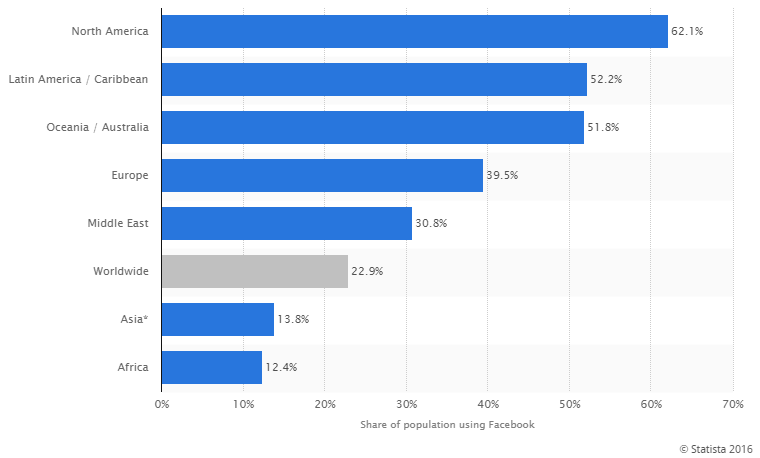
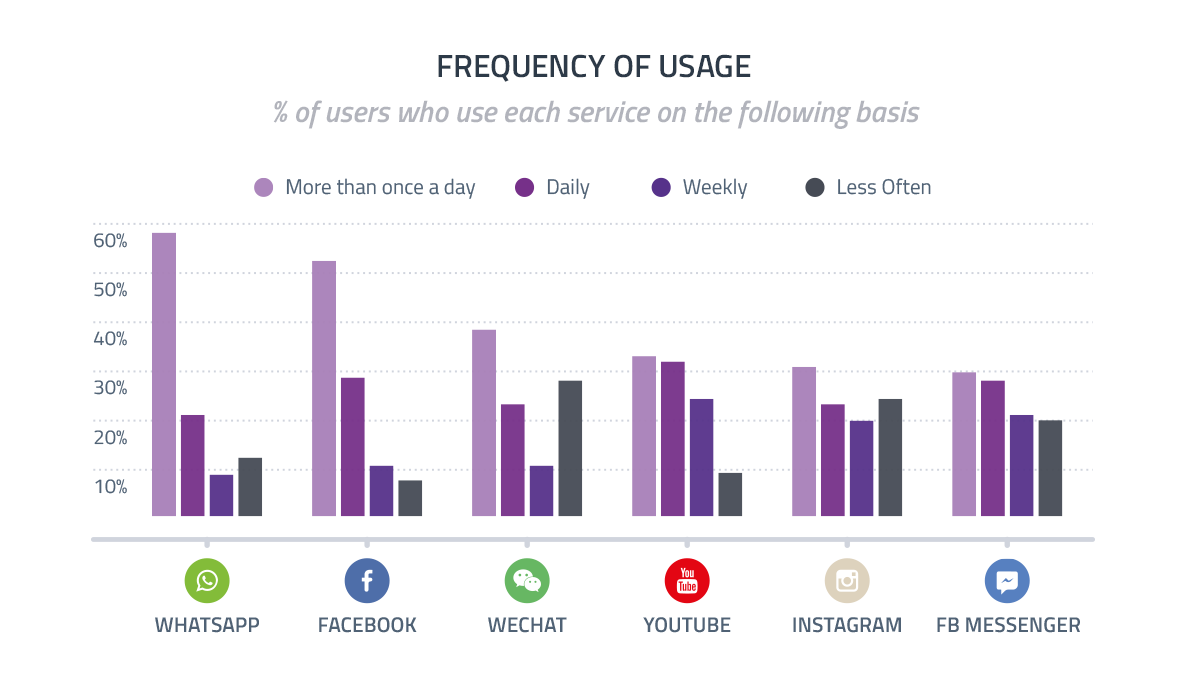

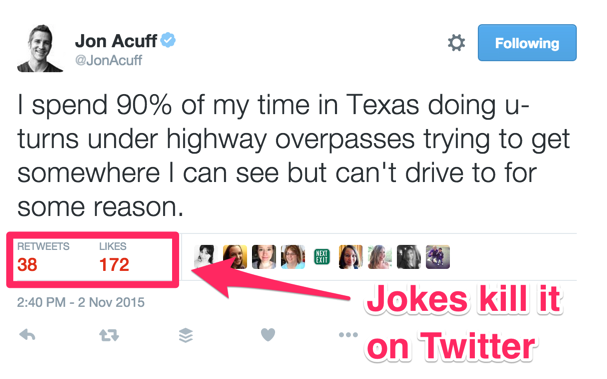

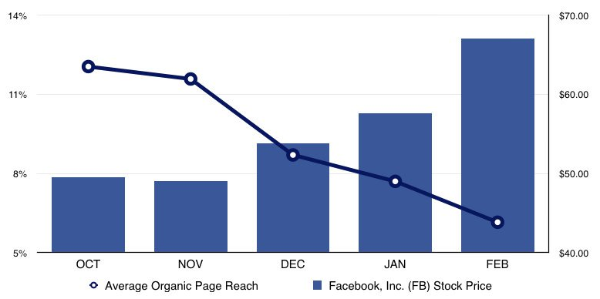
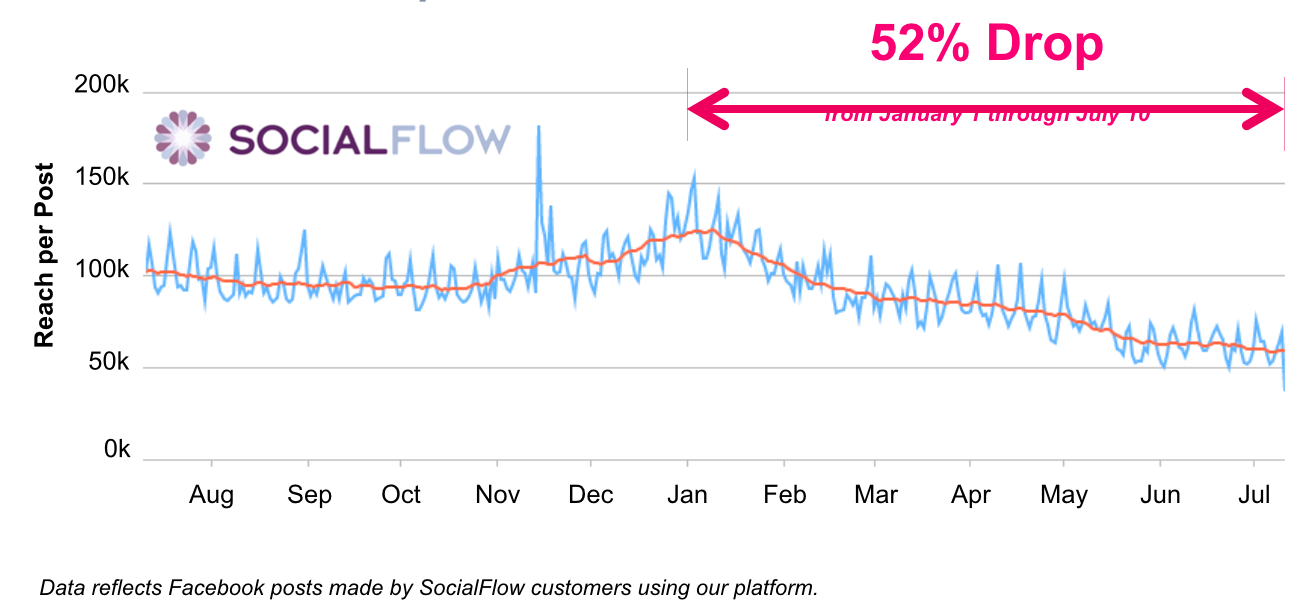
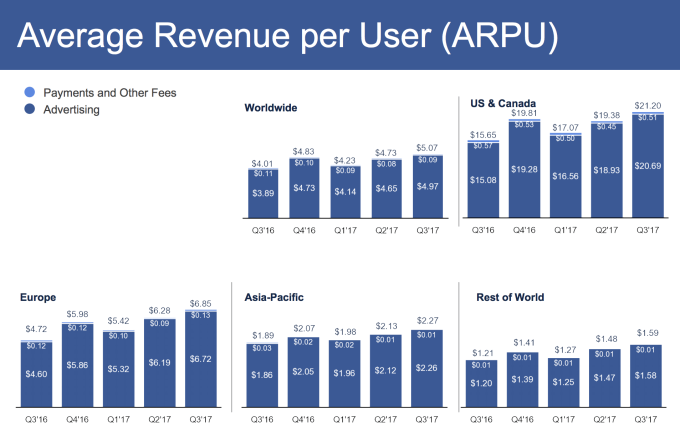
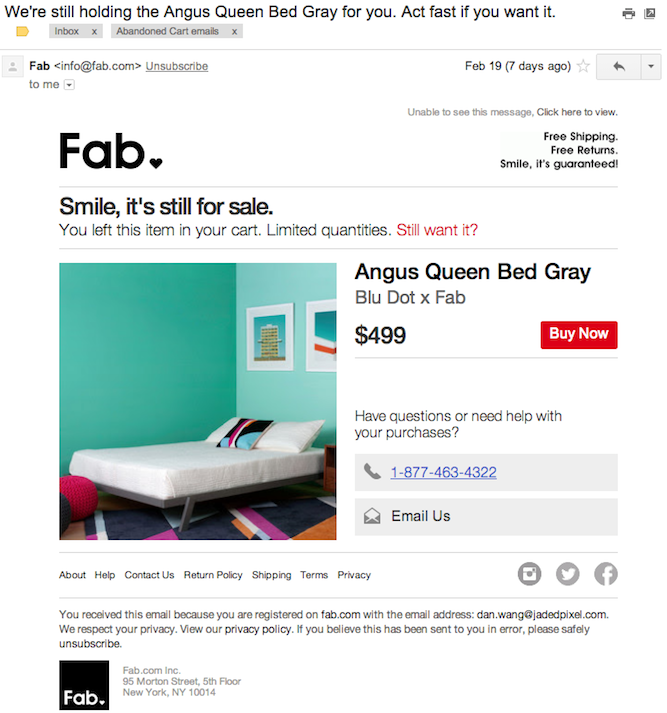
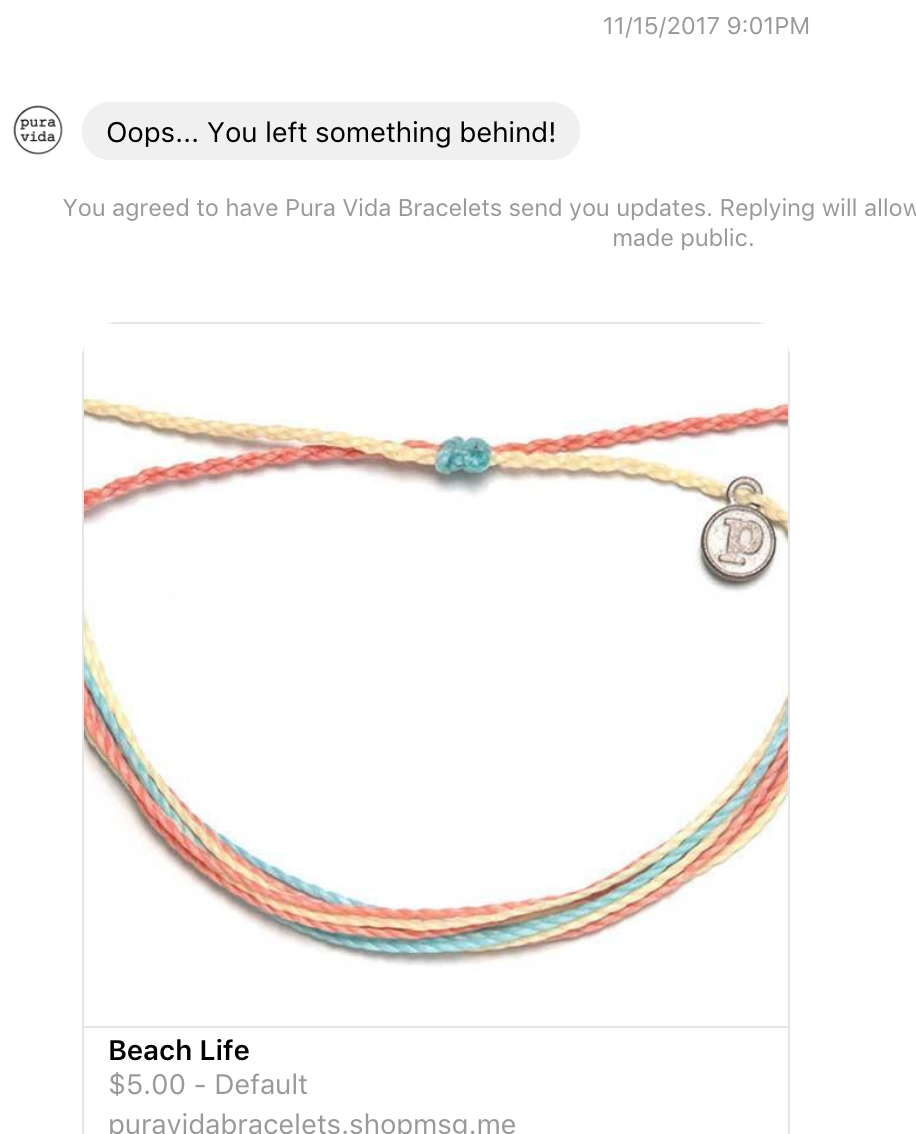
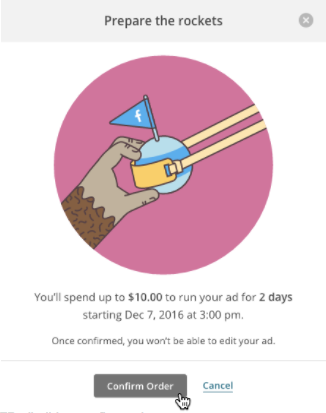
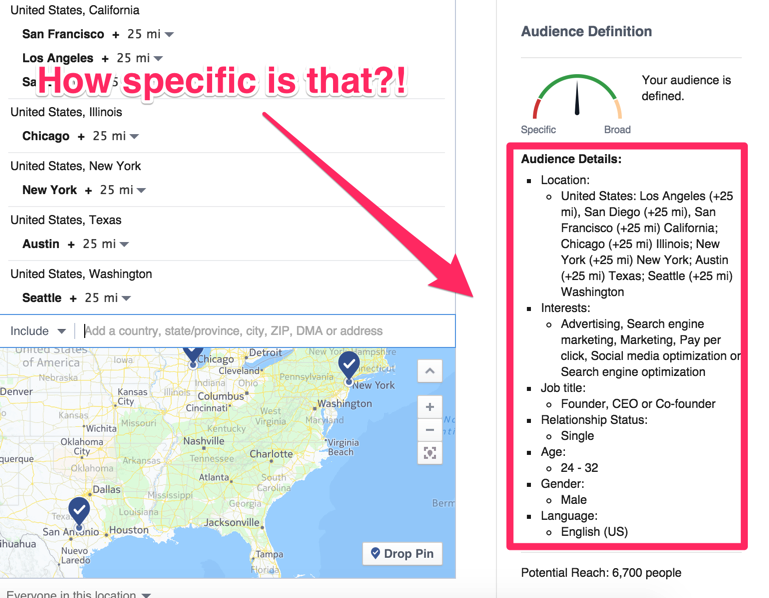
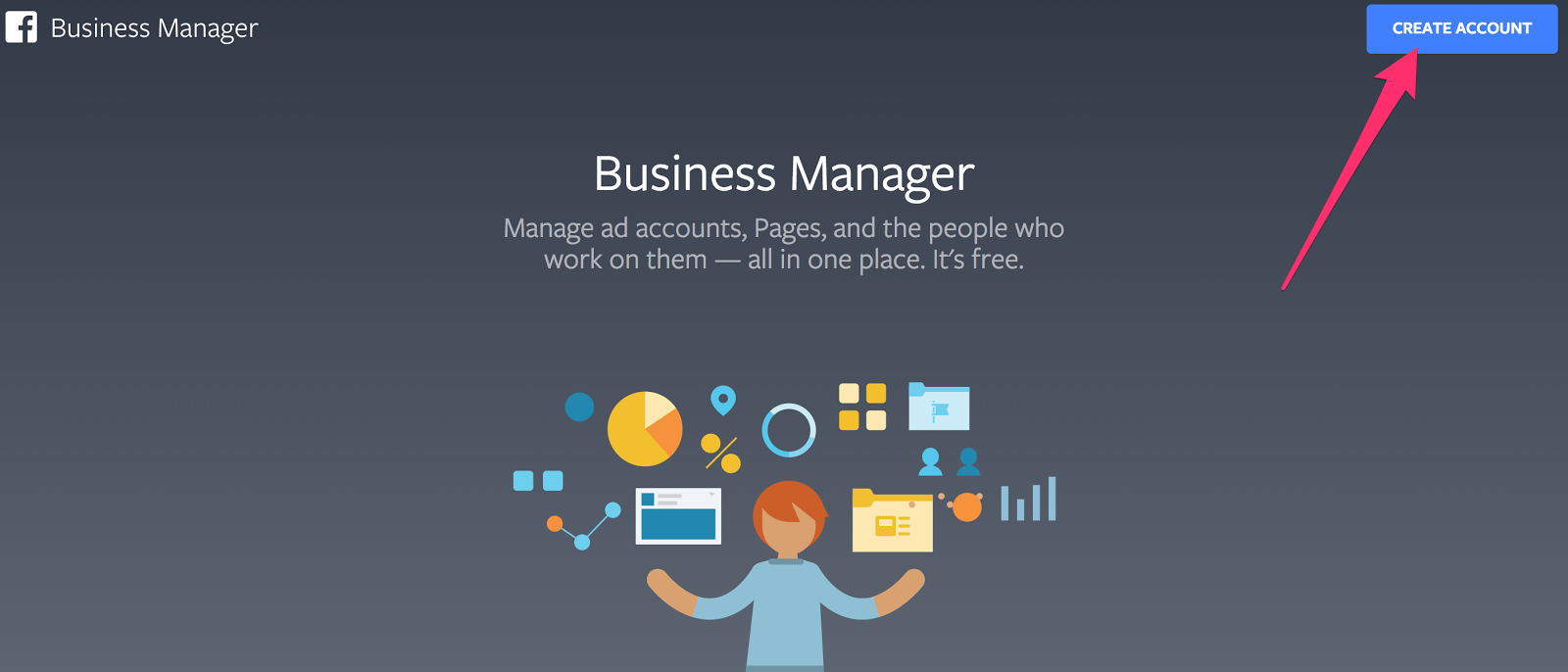
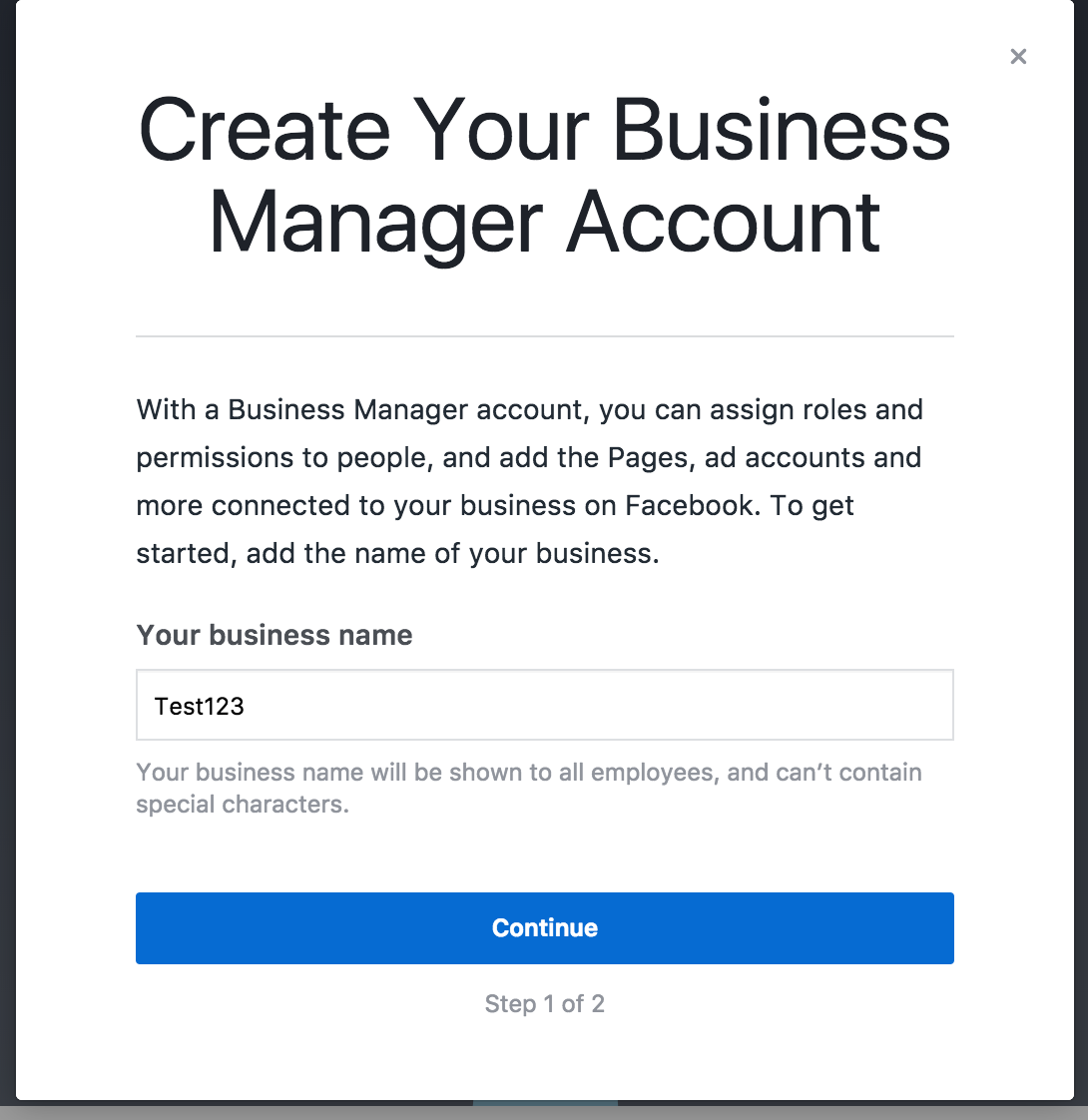
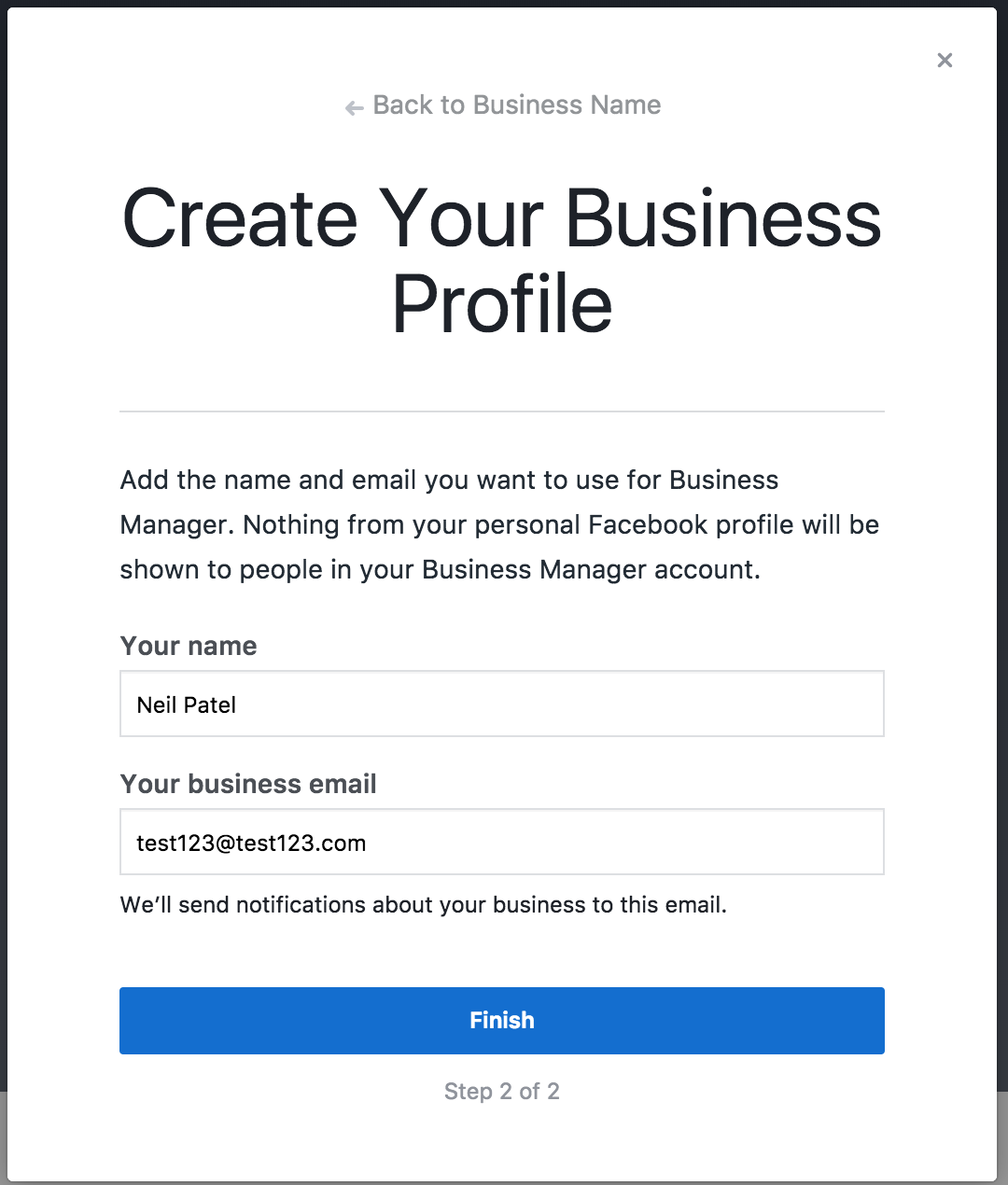
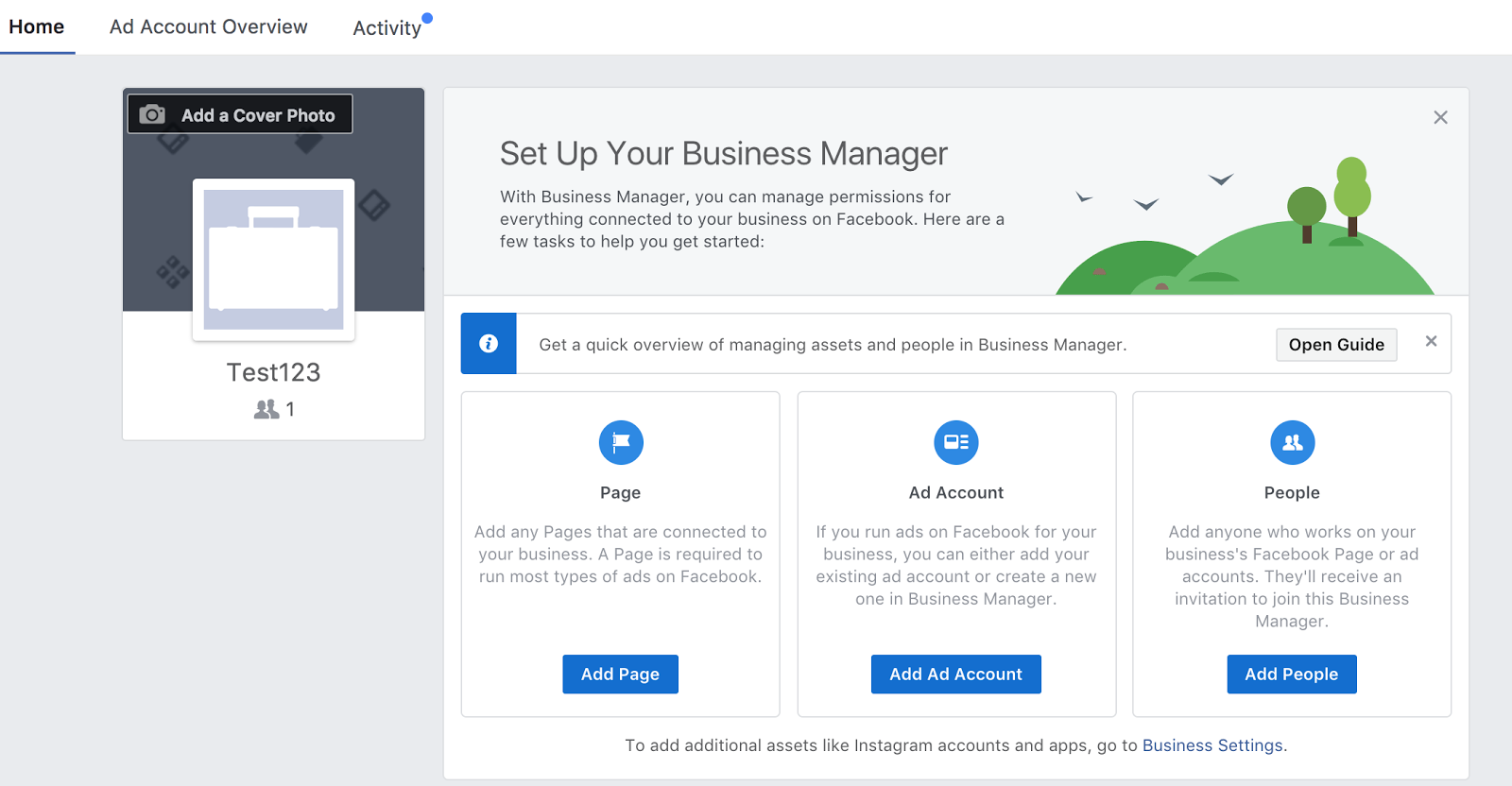
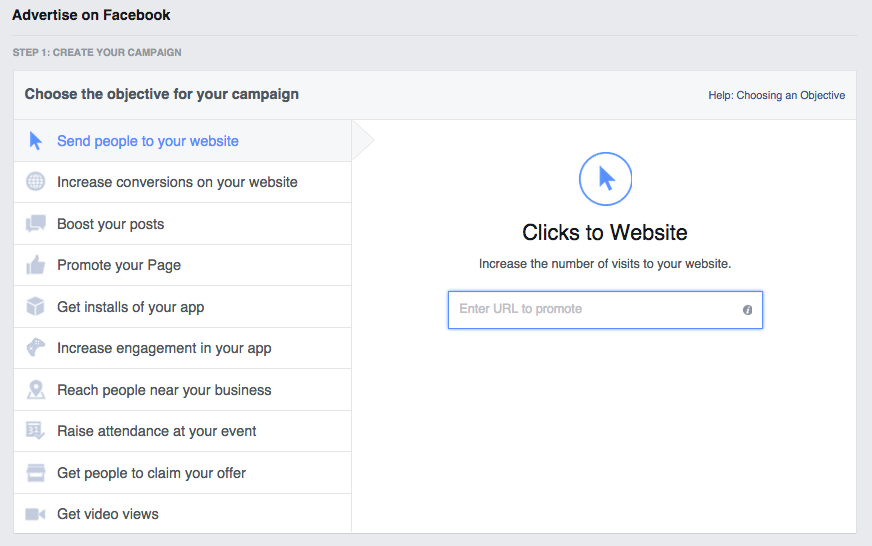
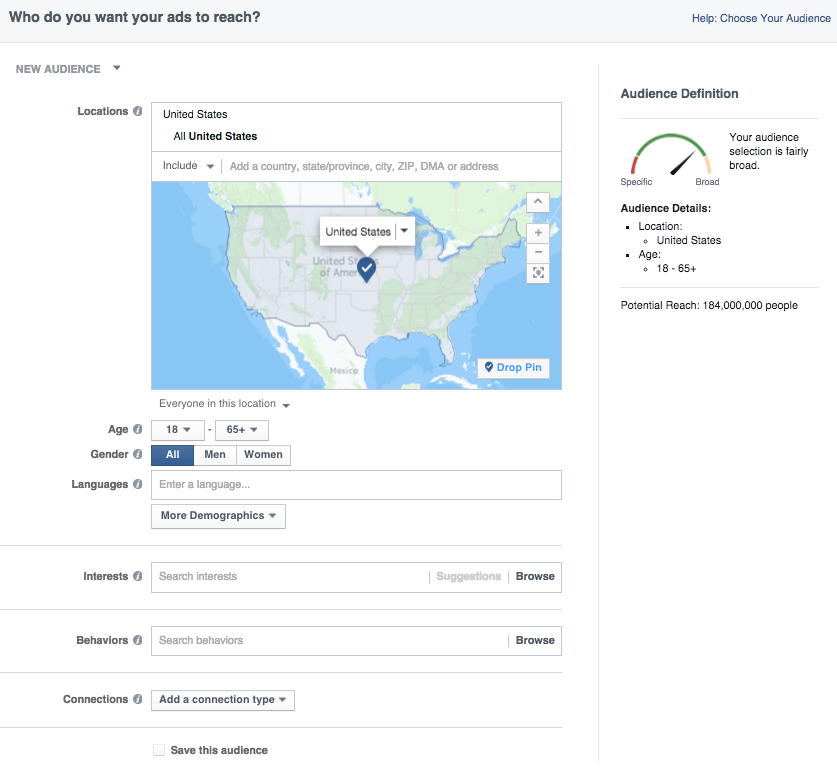
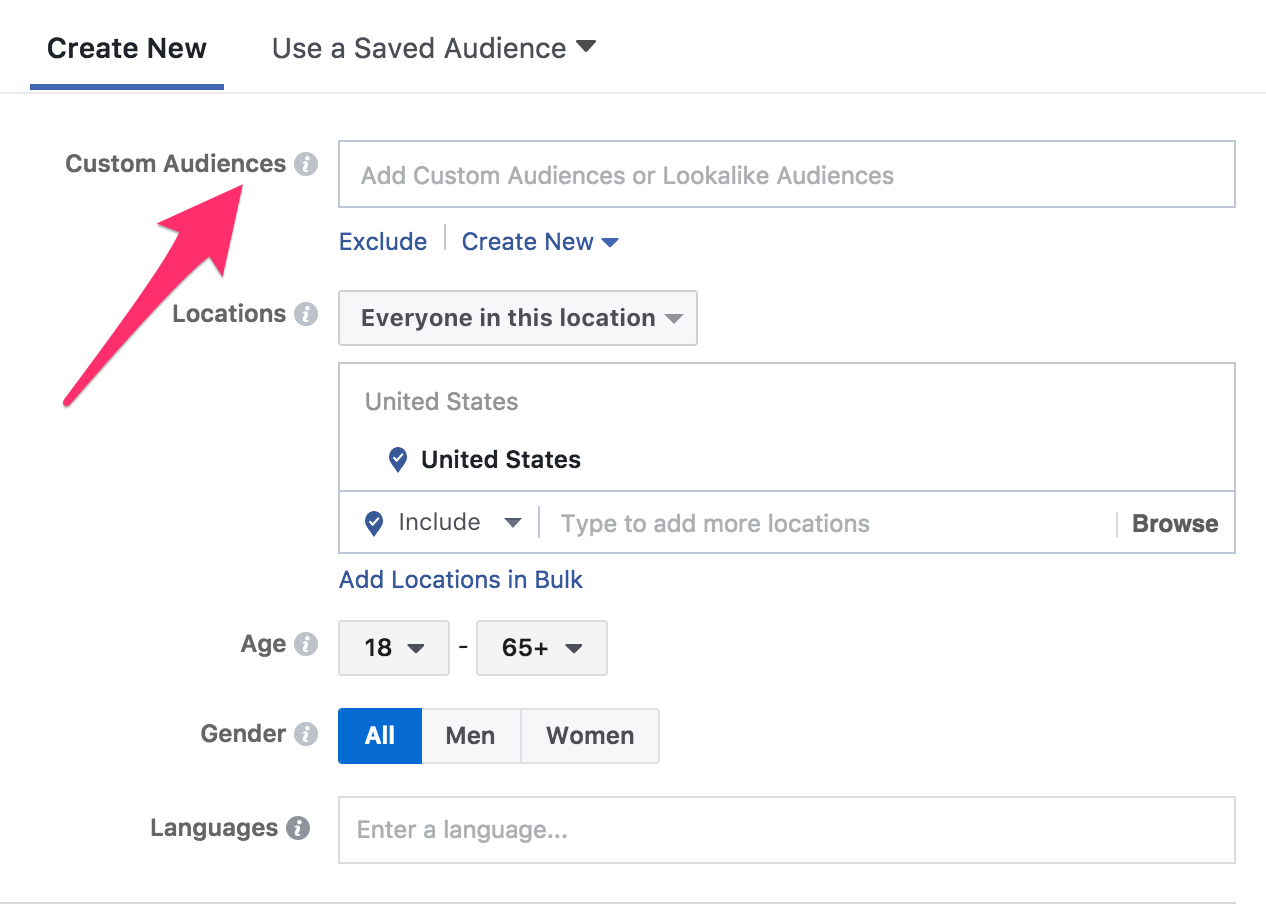
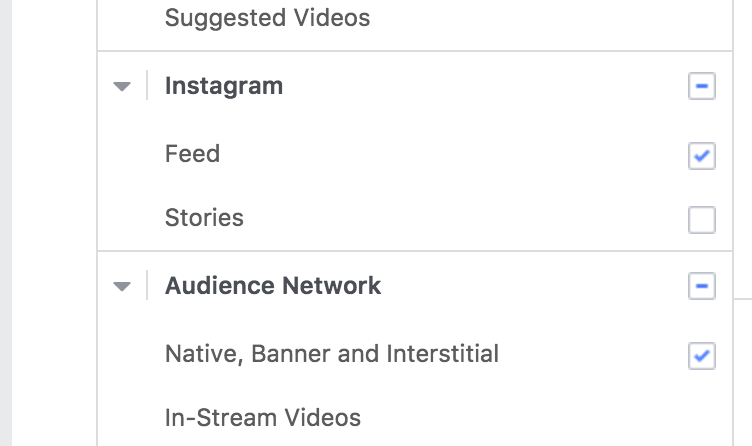
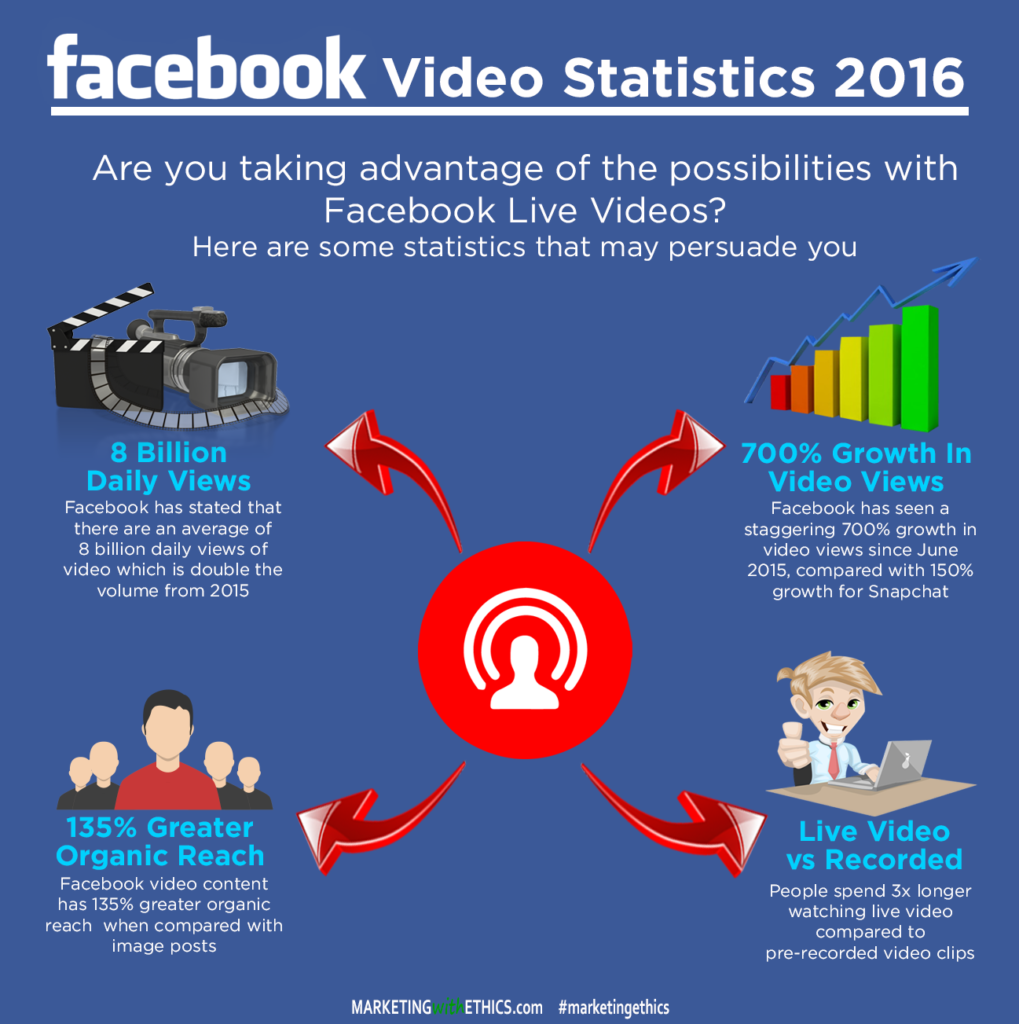


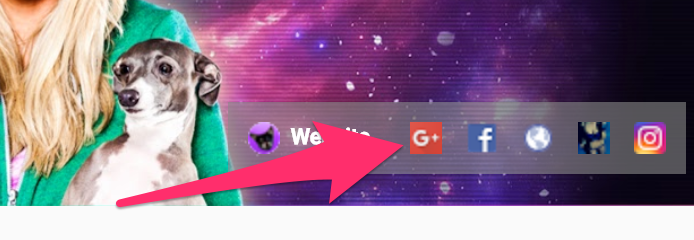

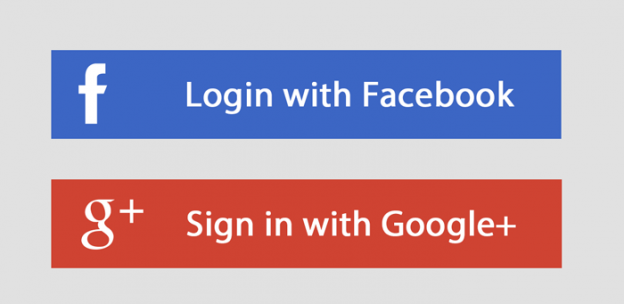

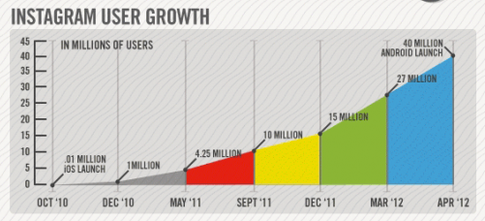
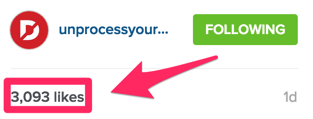
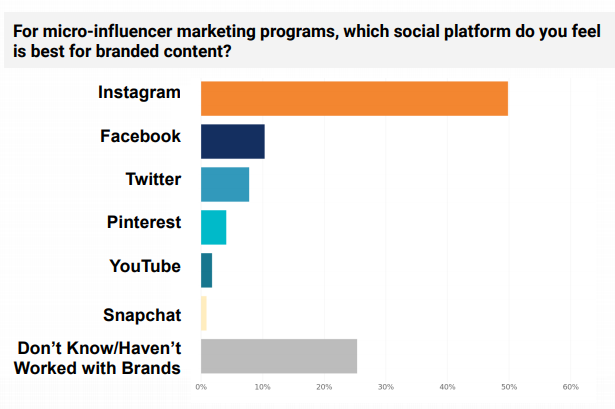
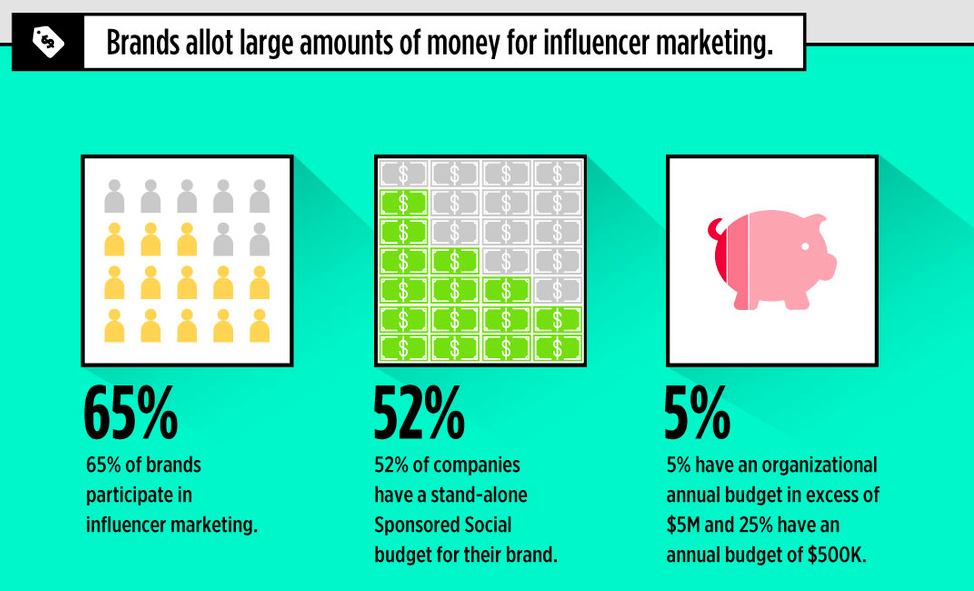
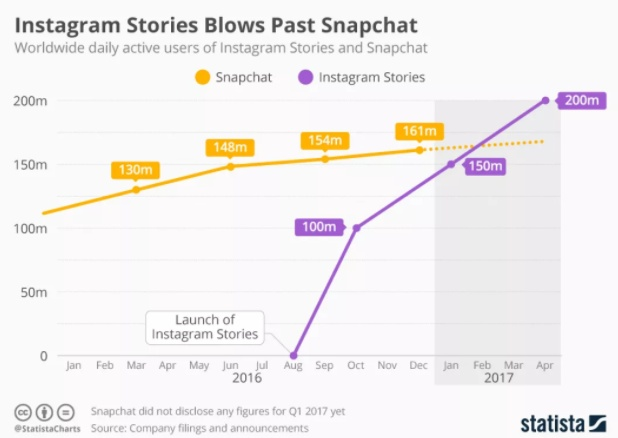
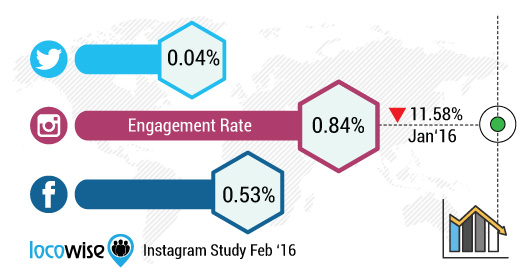
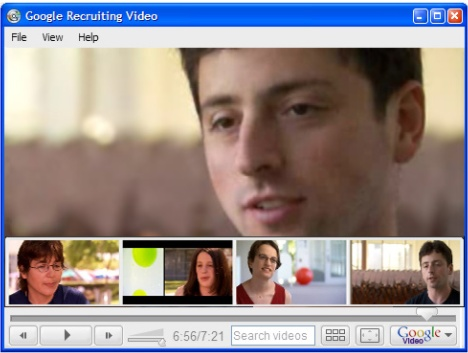
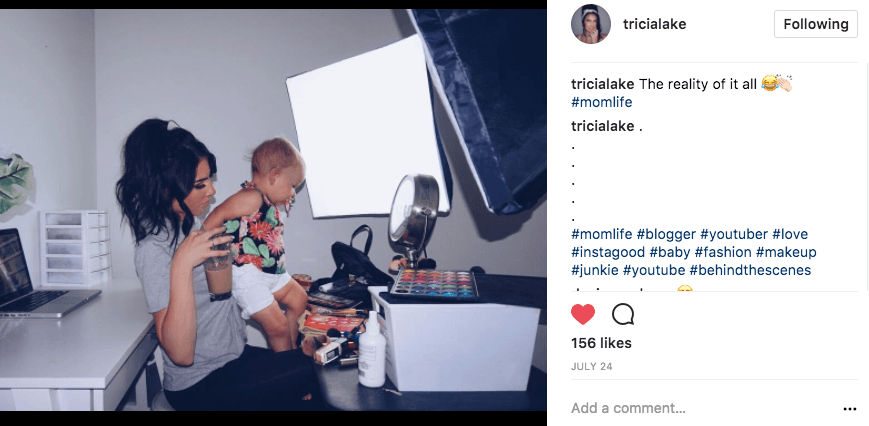
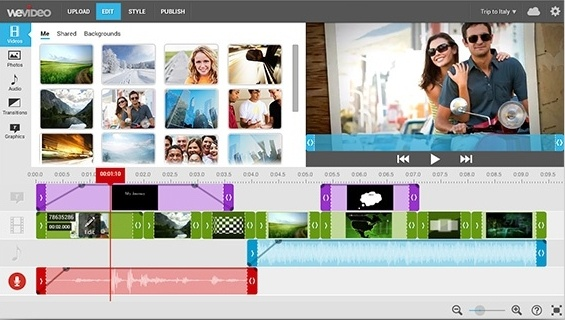
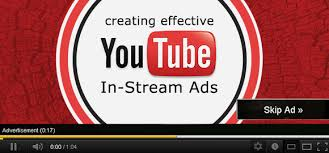

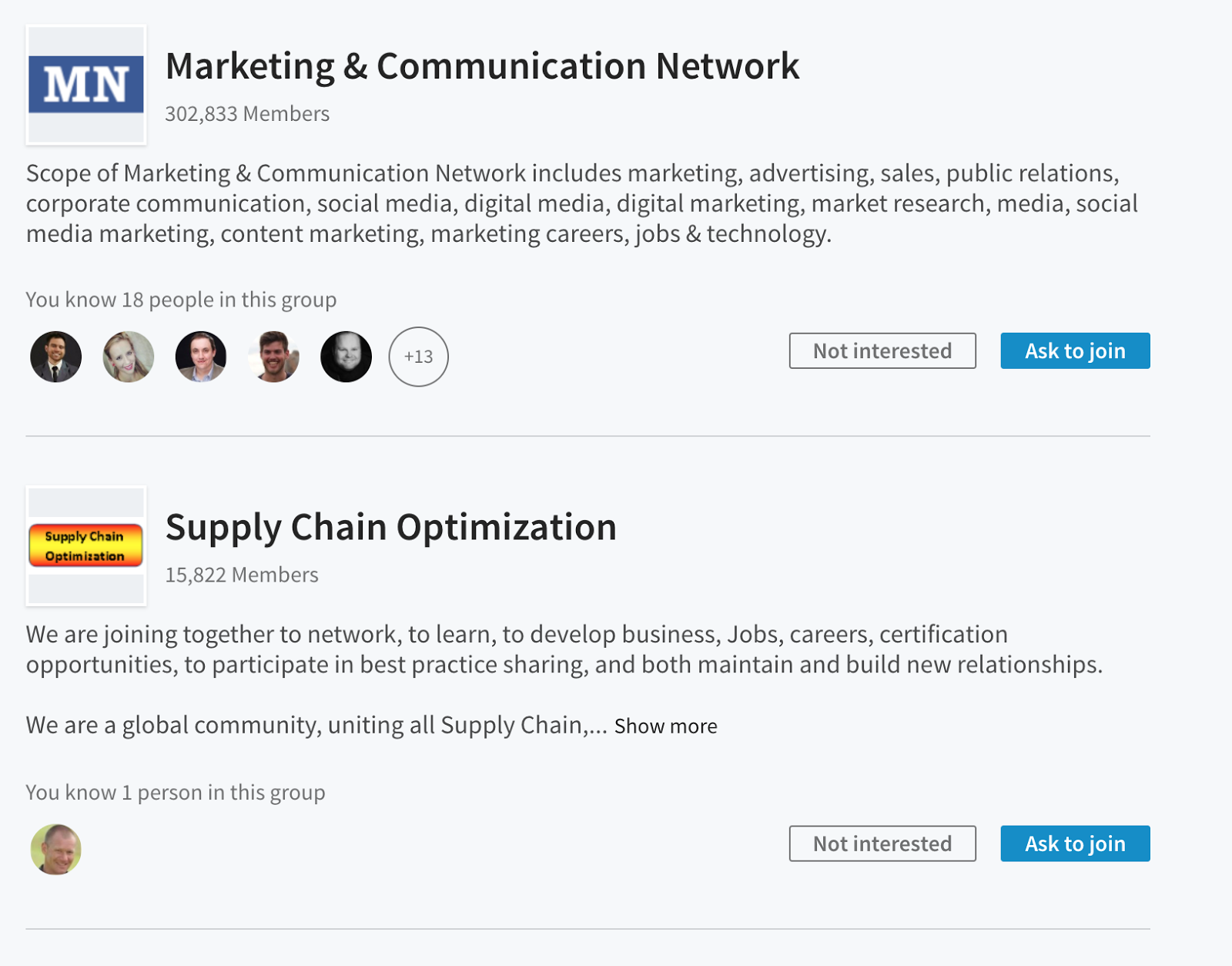
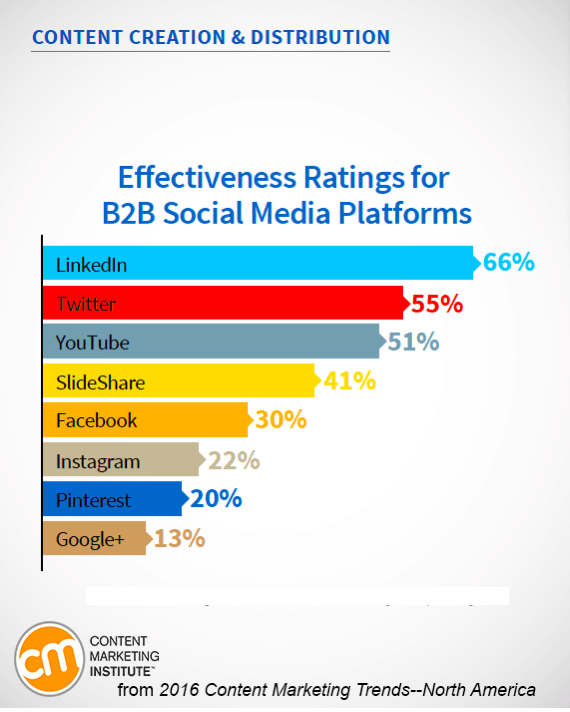
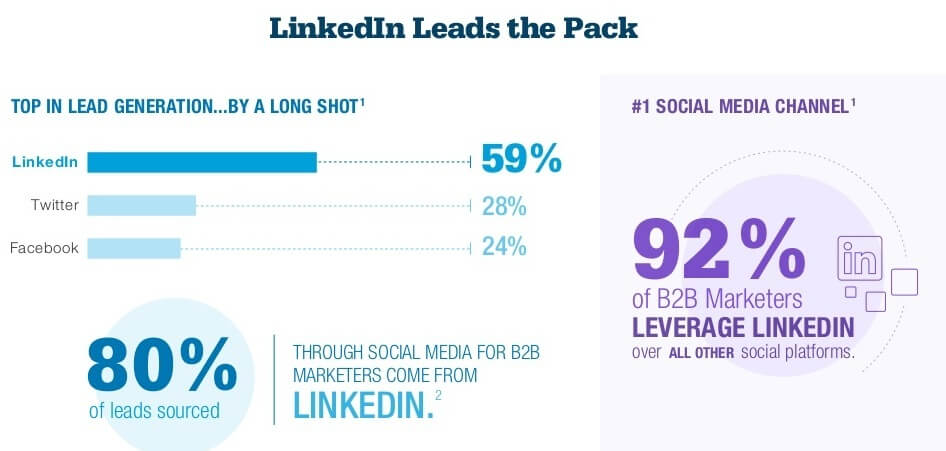




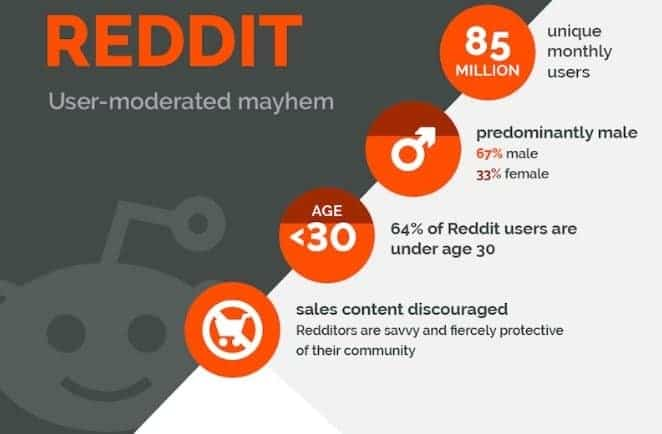
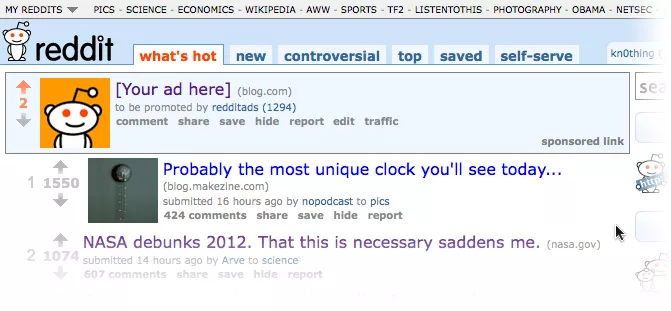

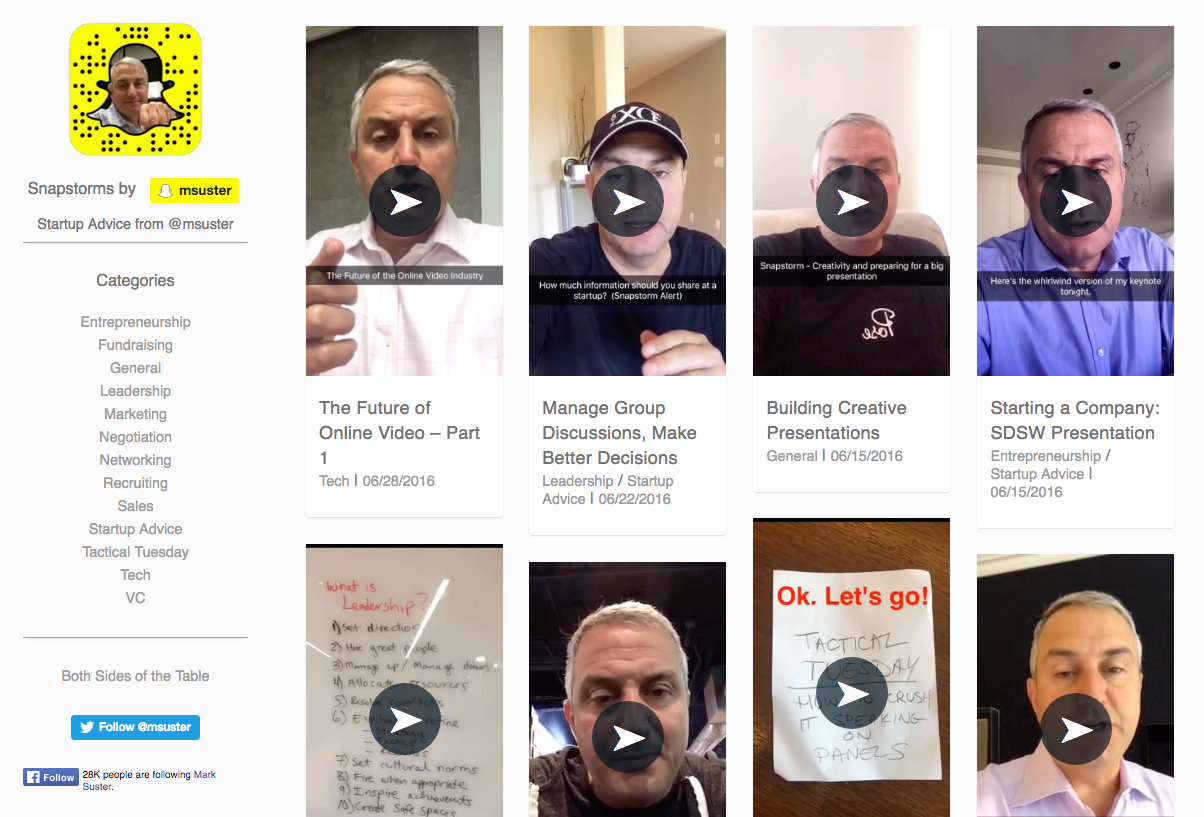
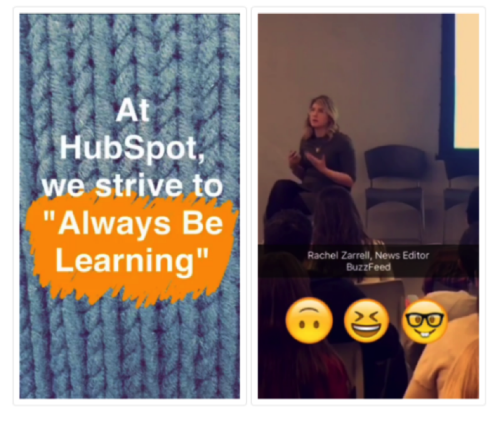
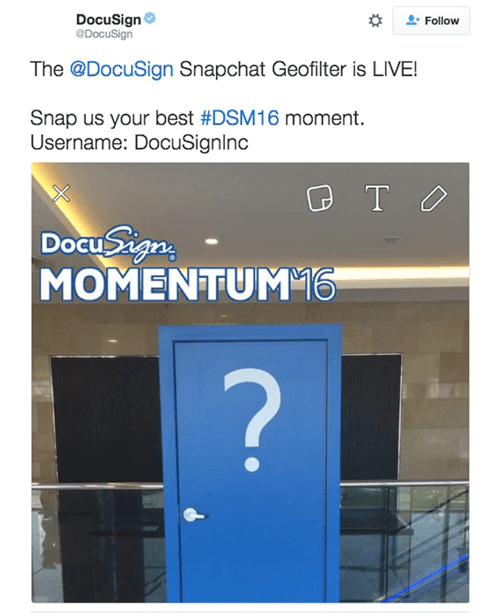

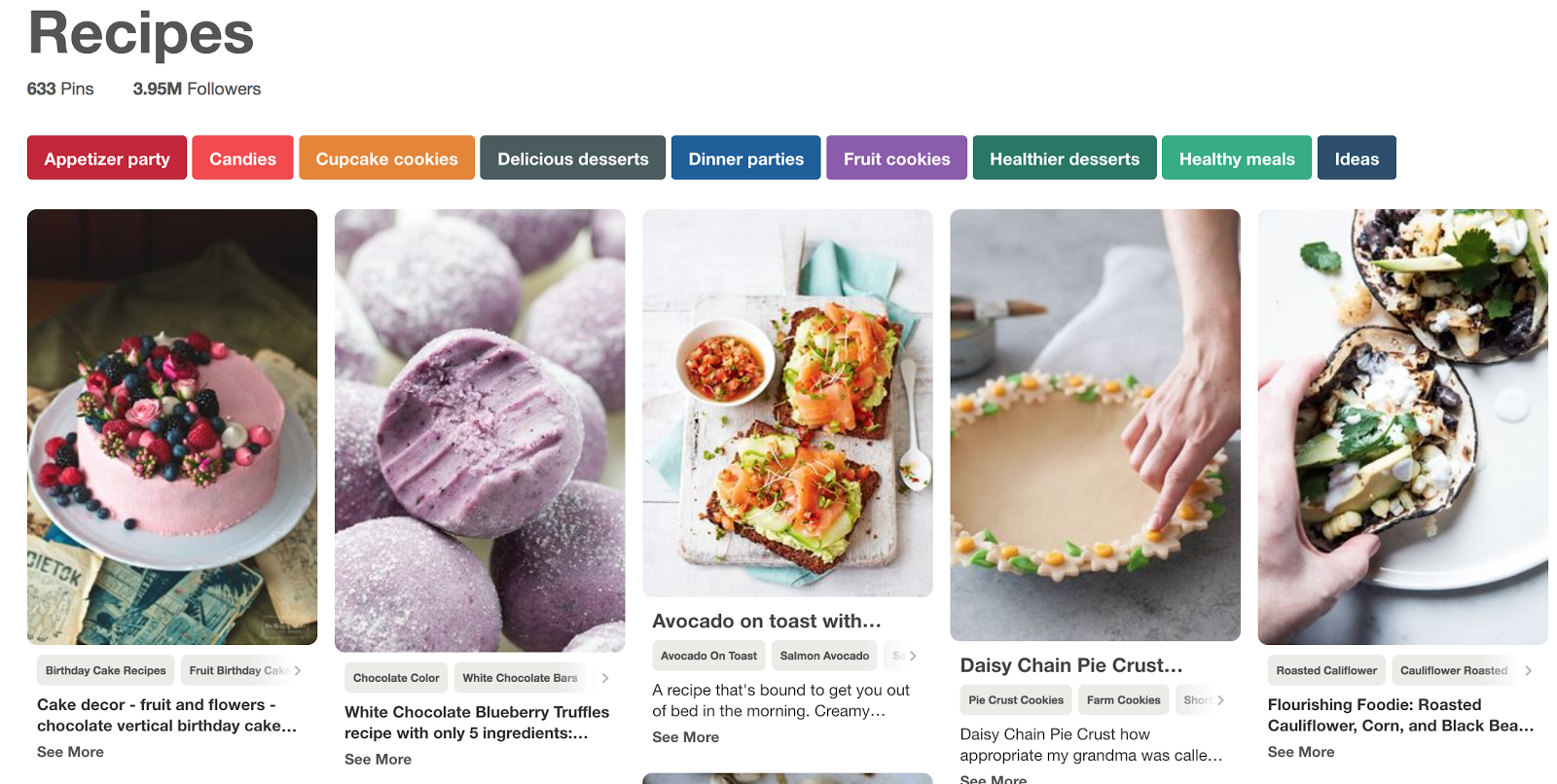
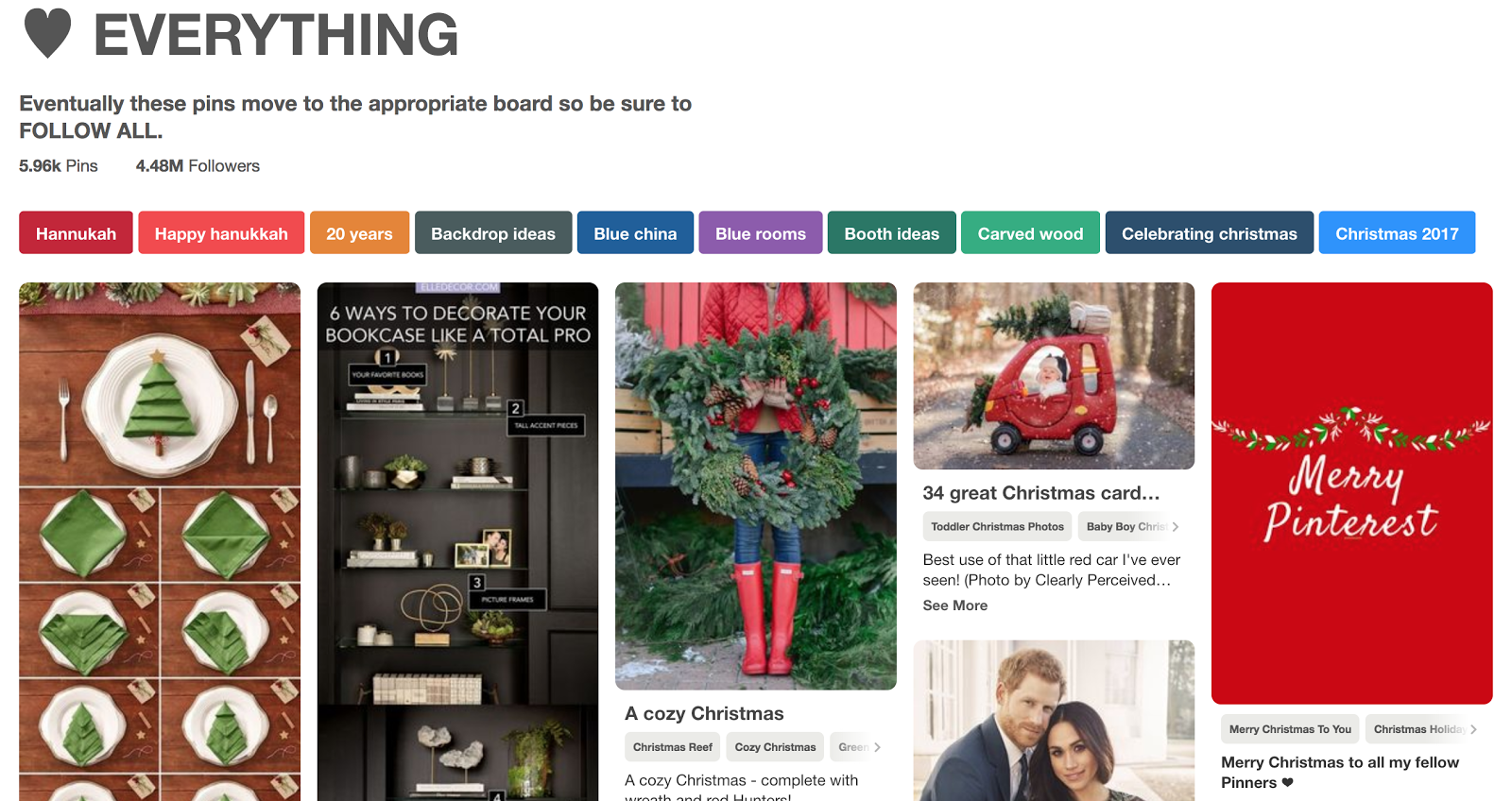
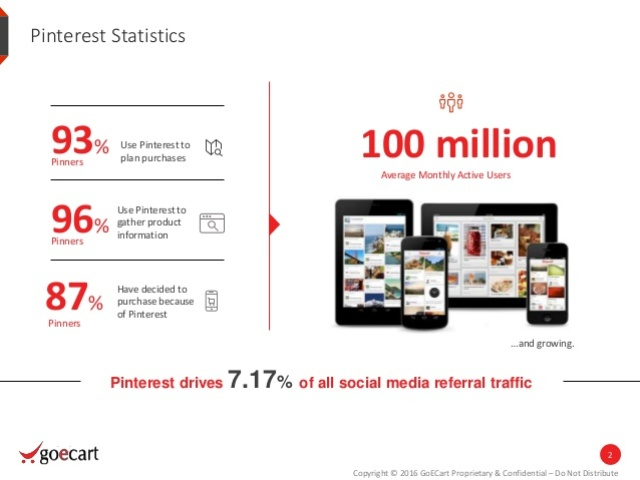

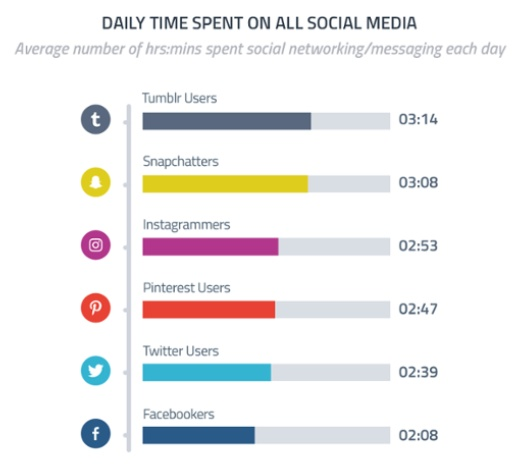
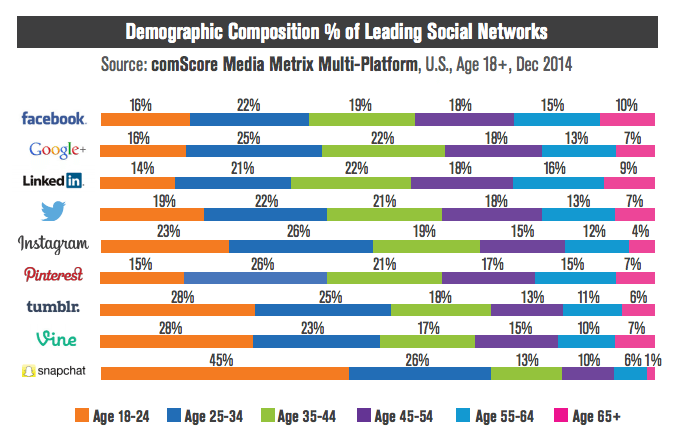




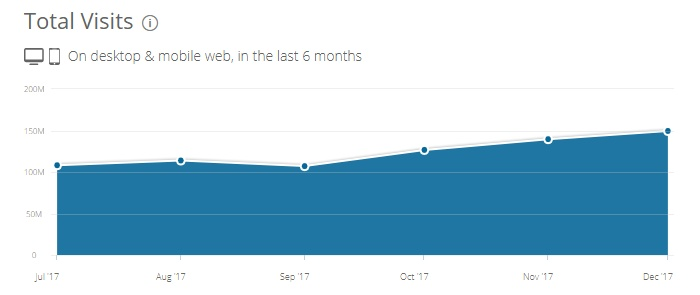

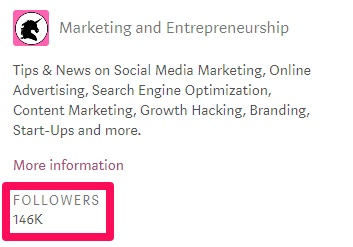
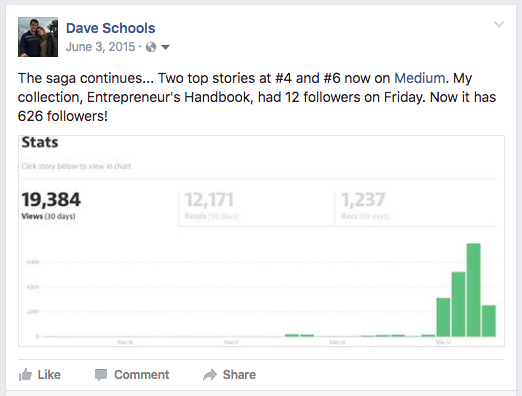
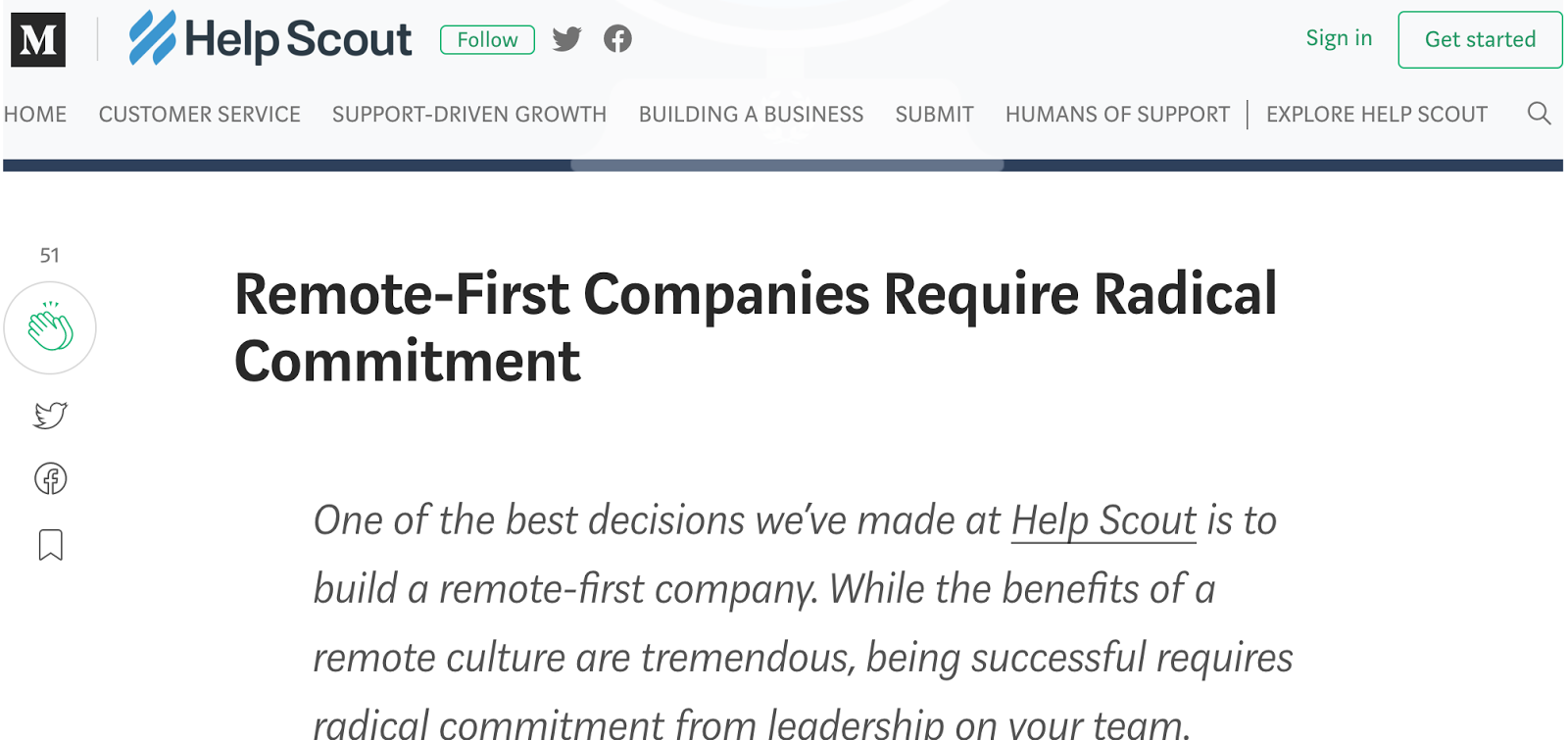
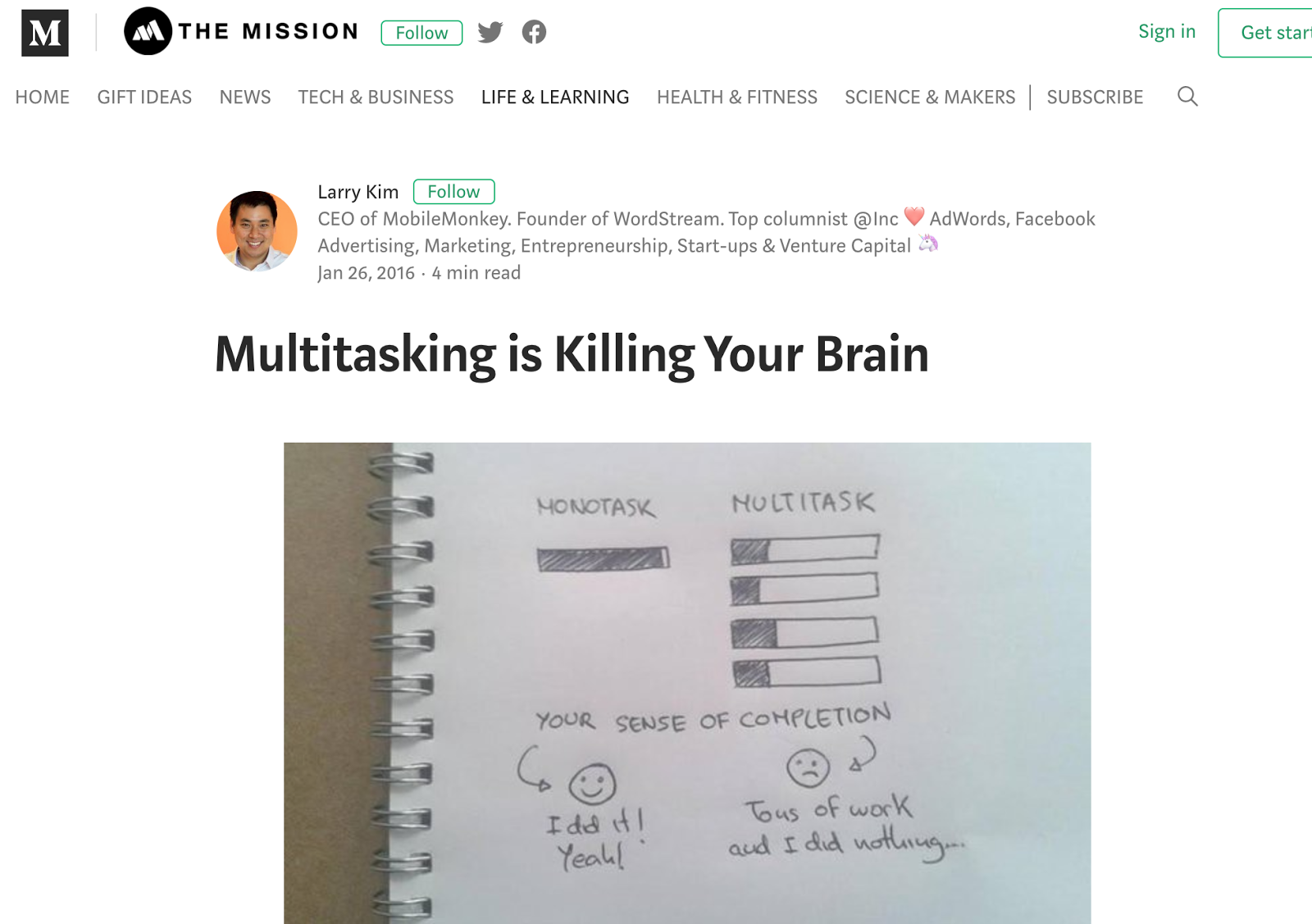
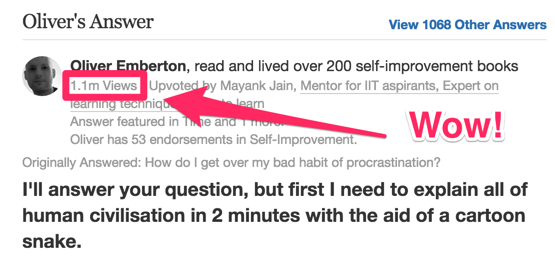

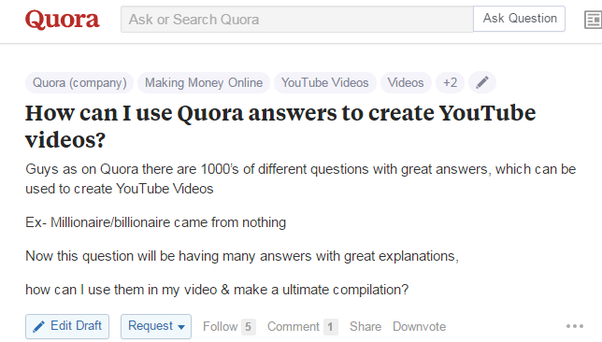
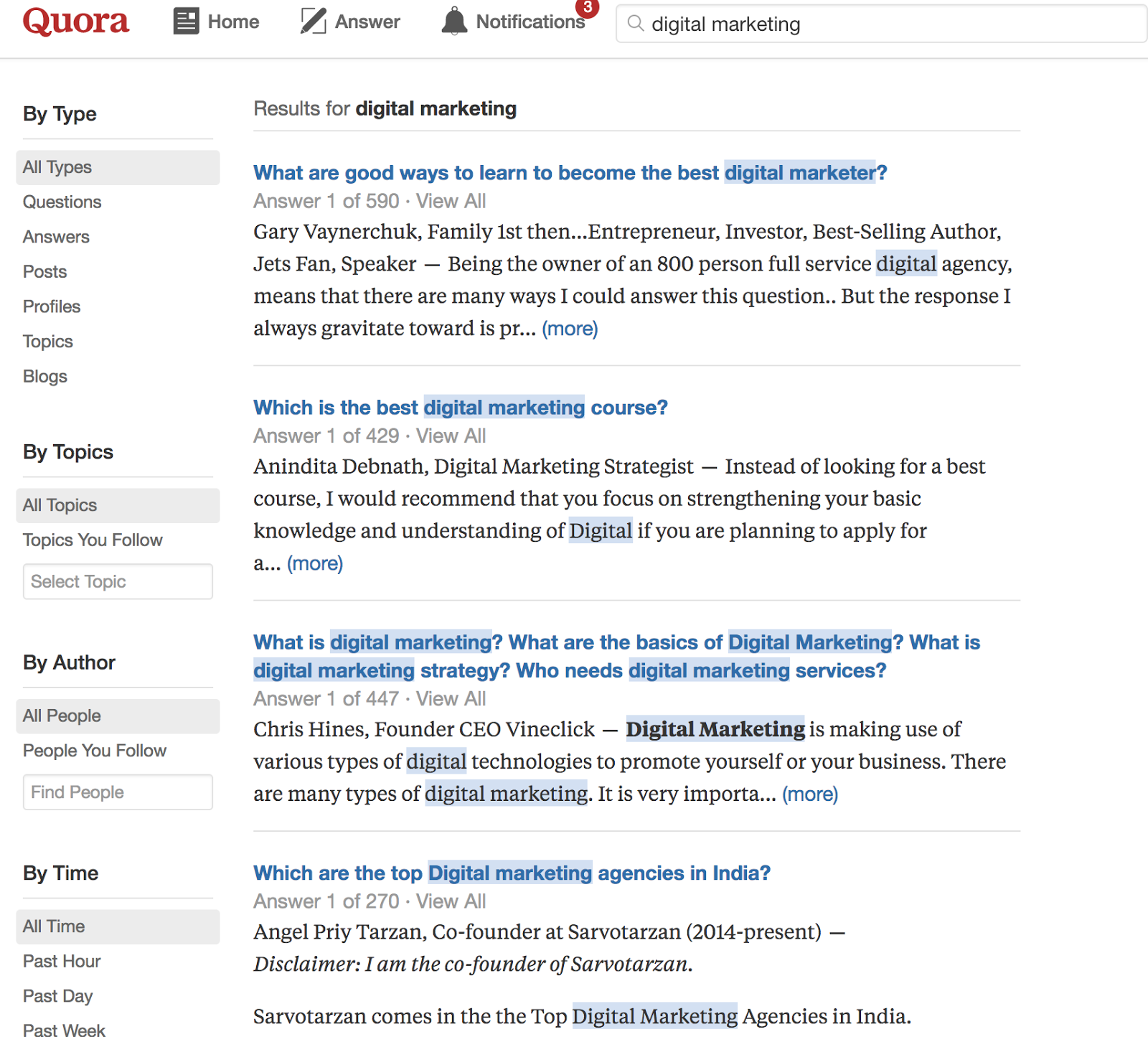
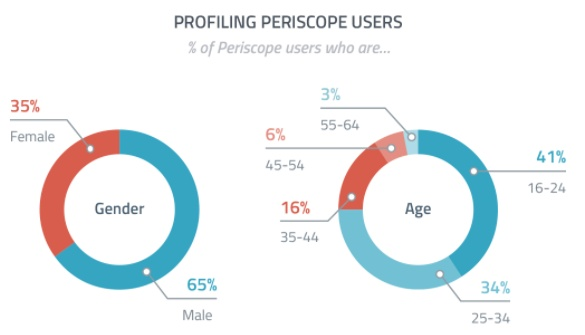
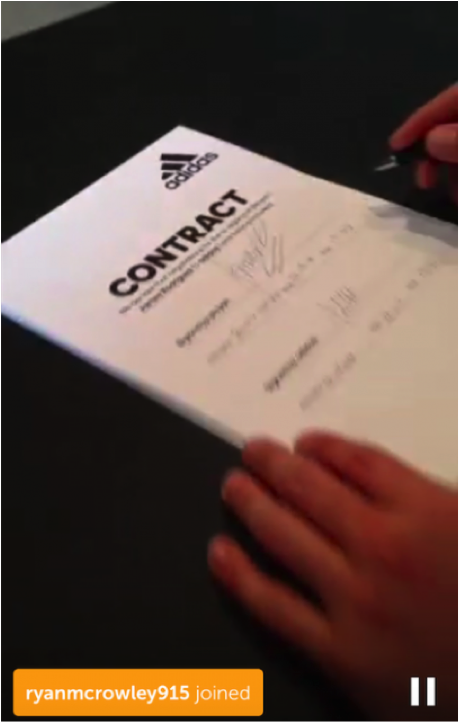
Comments (202)